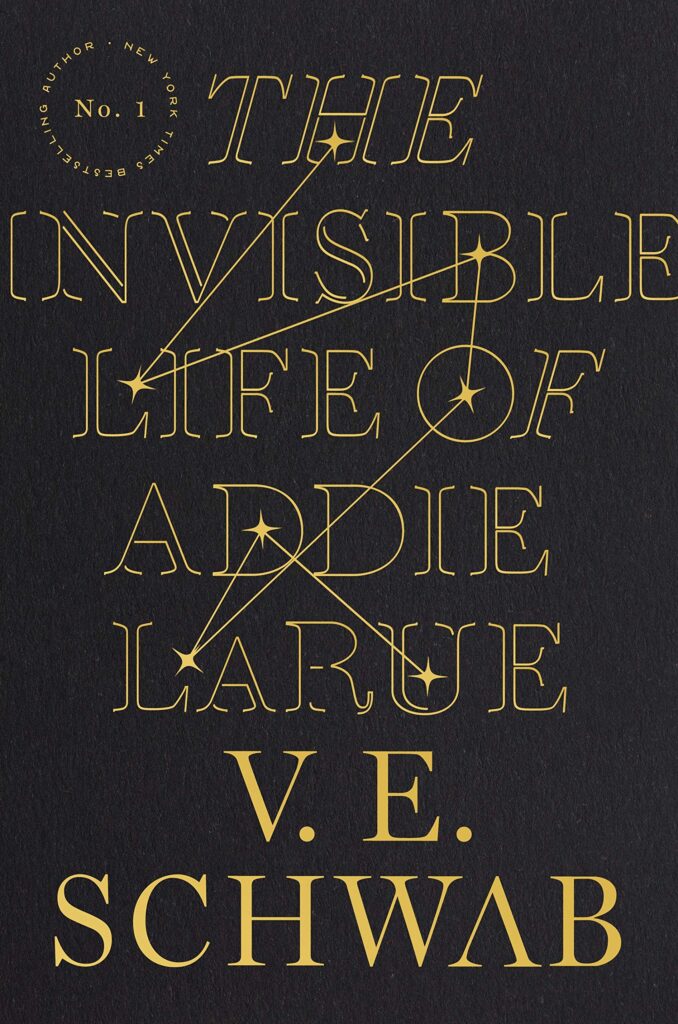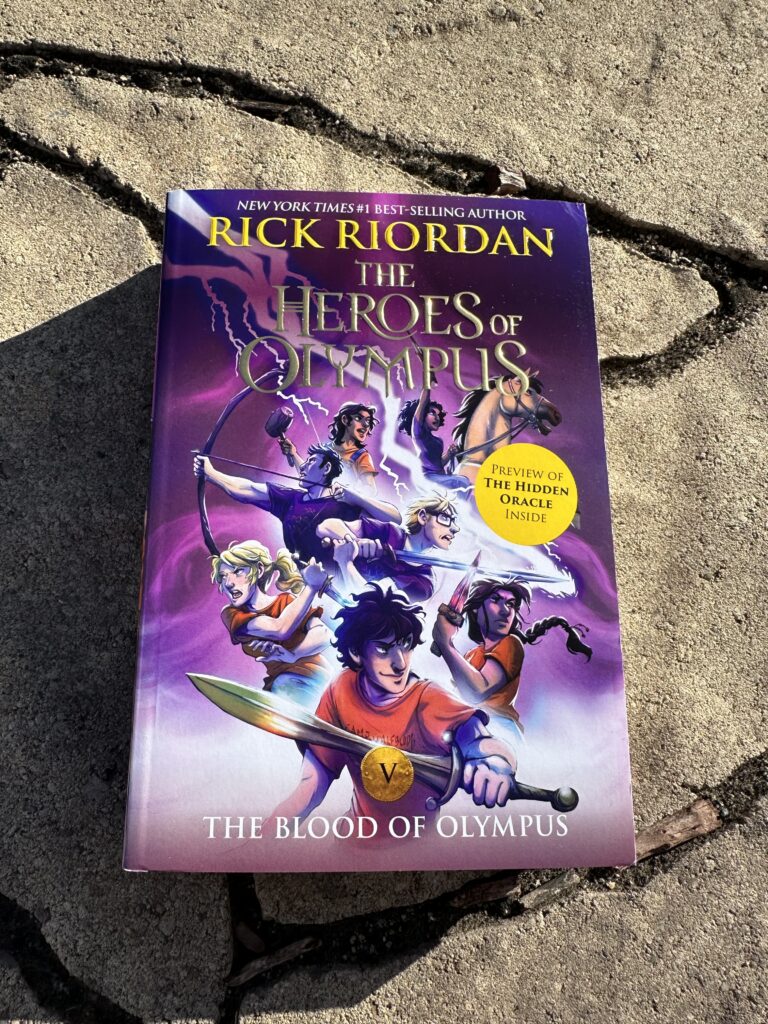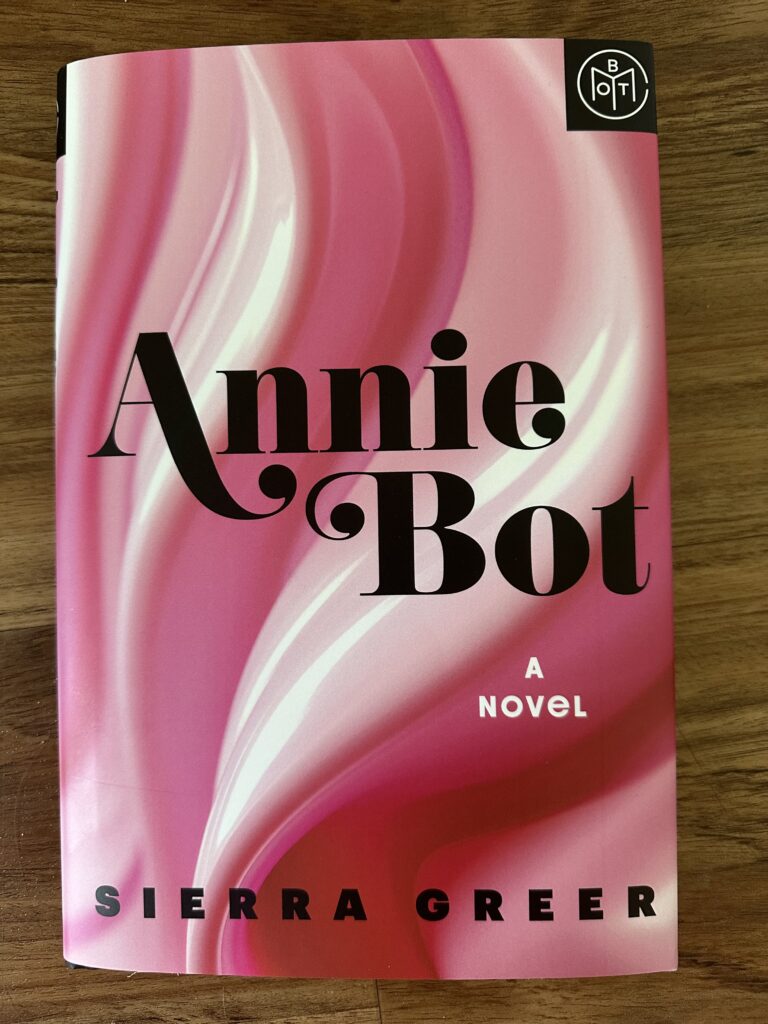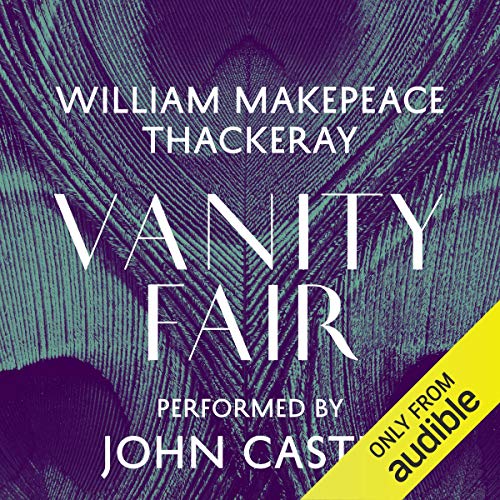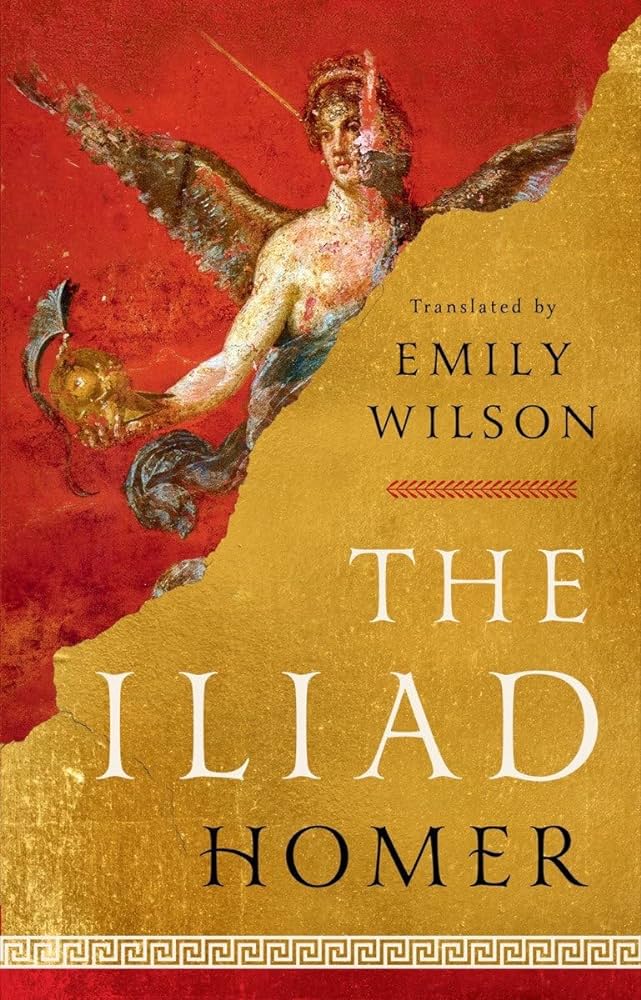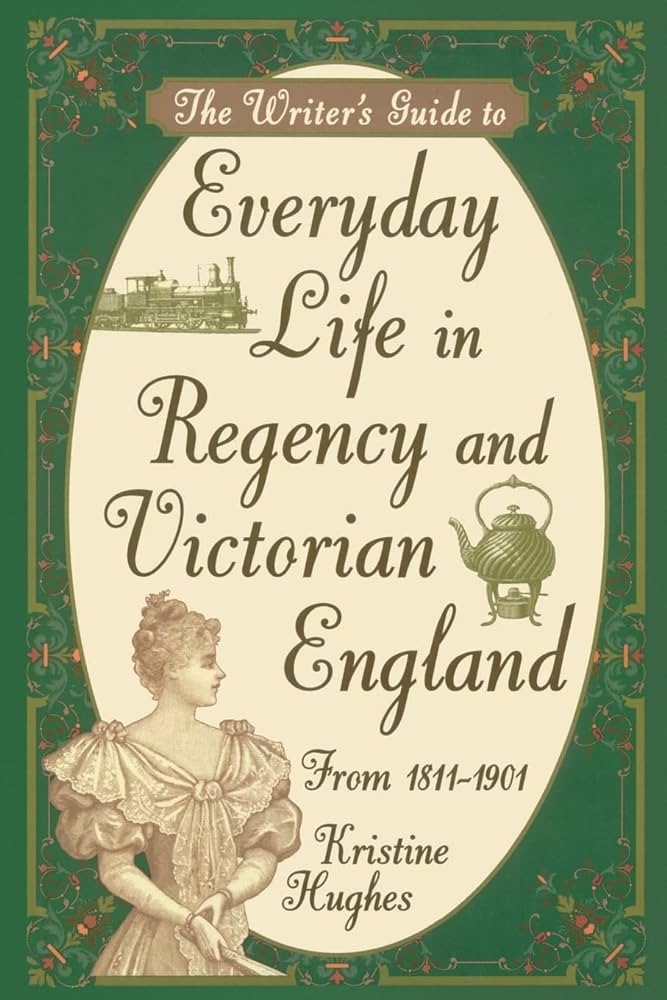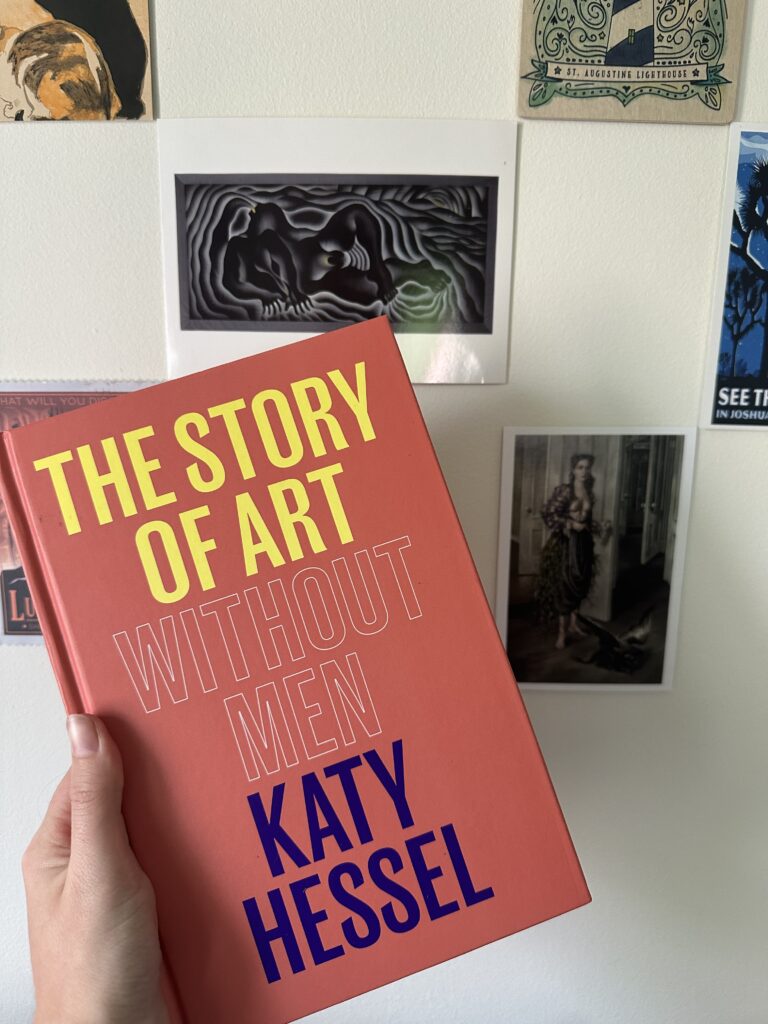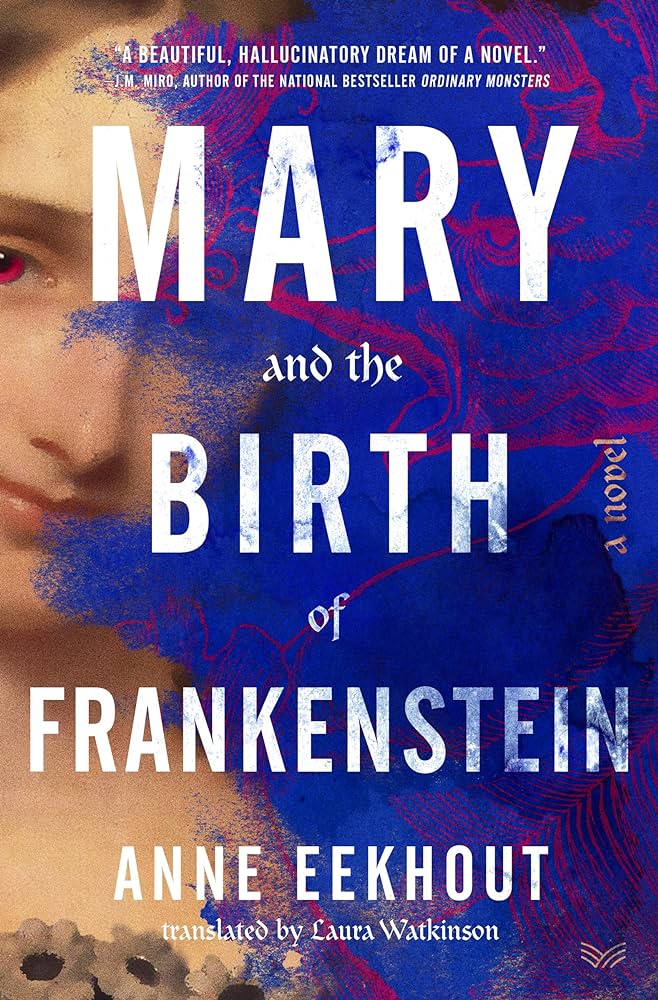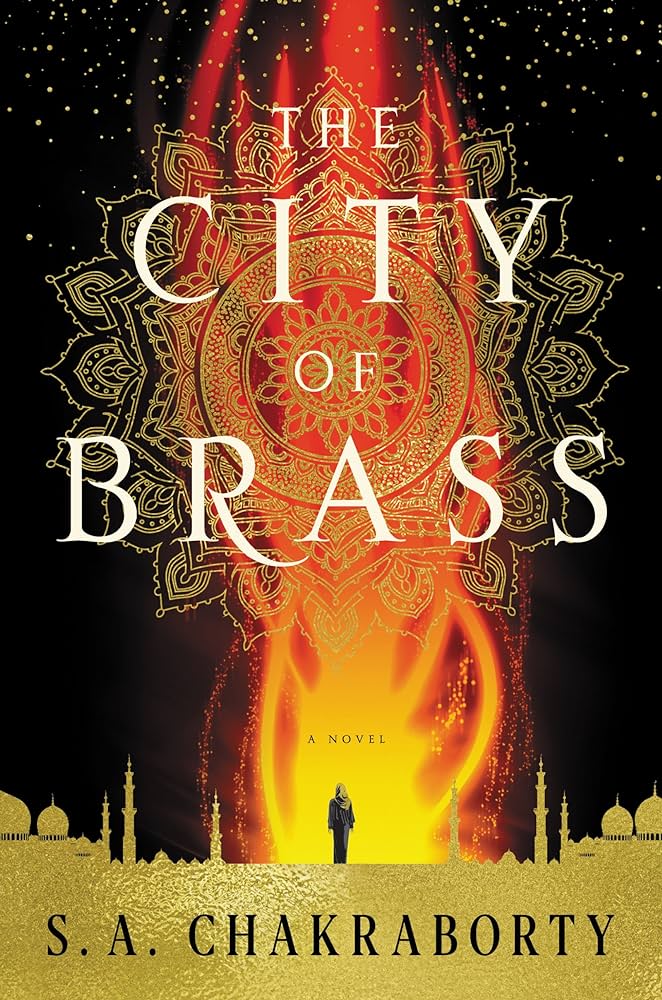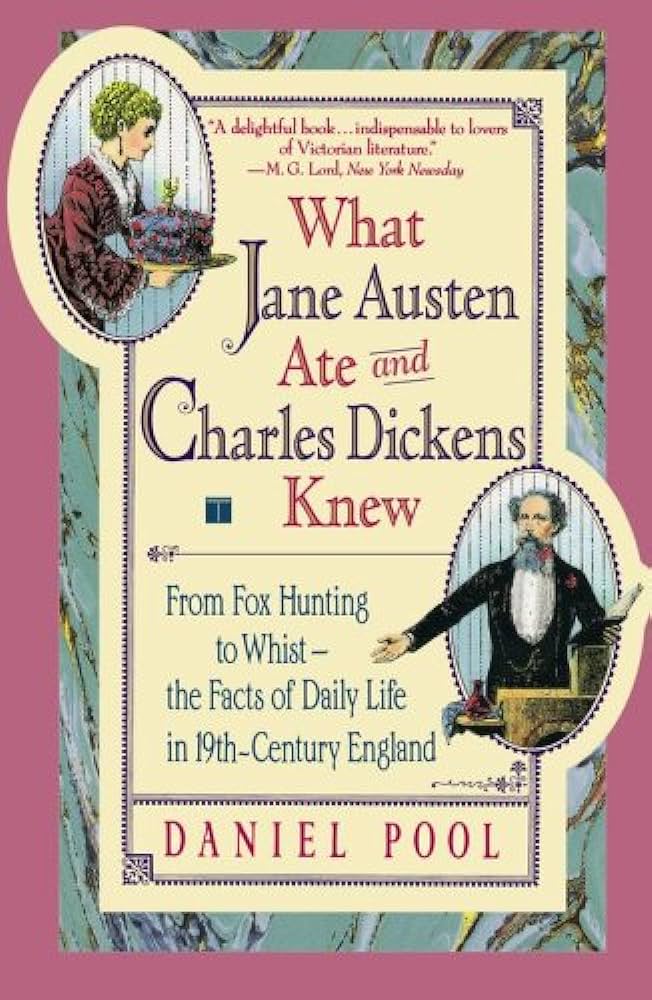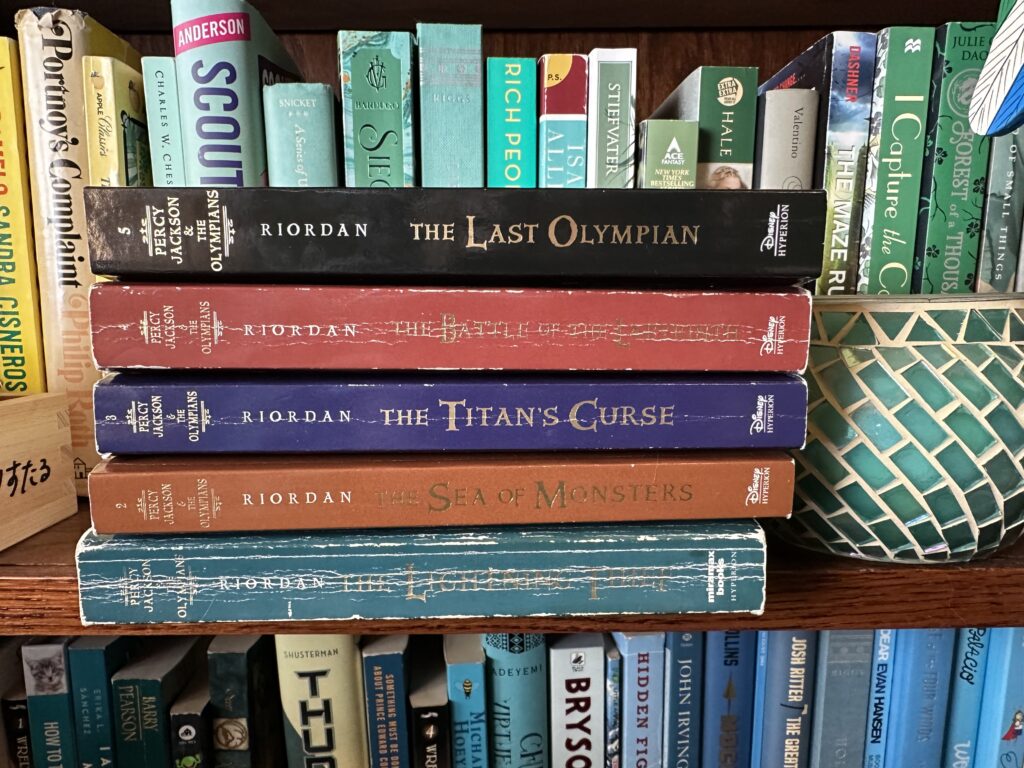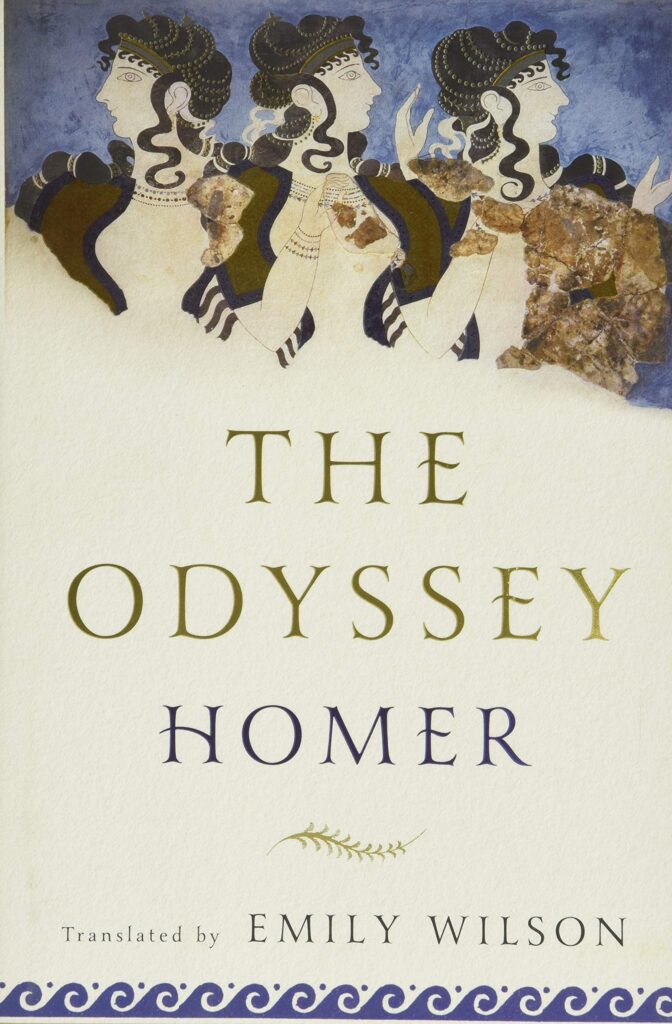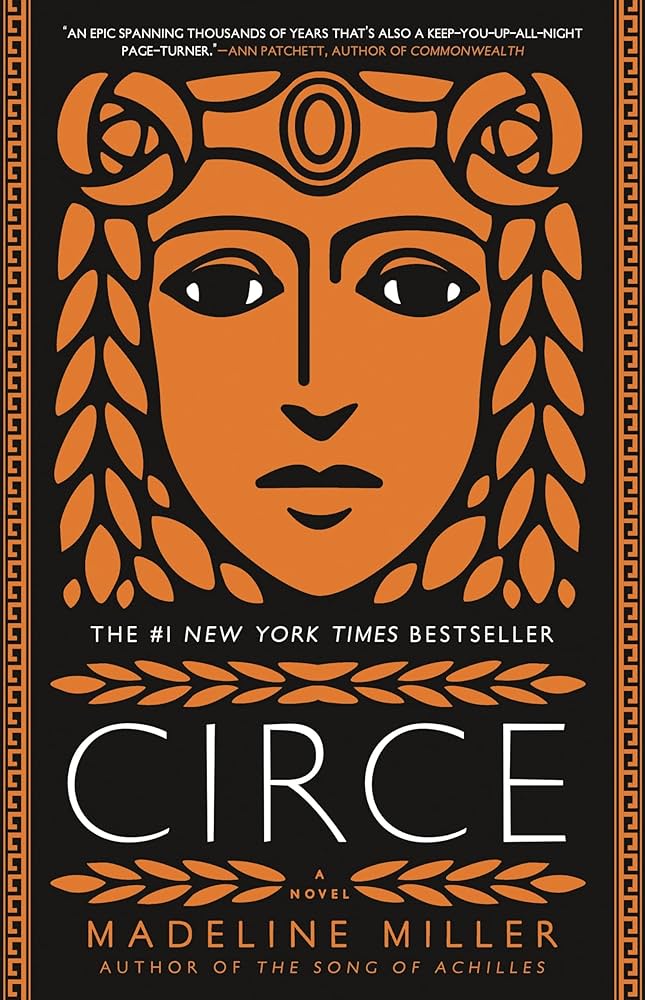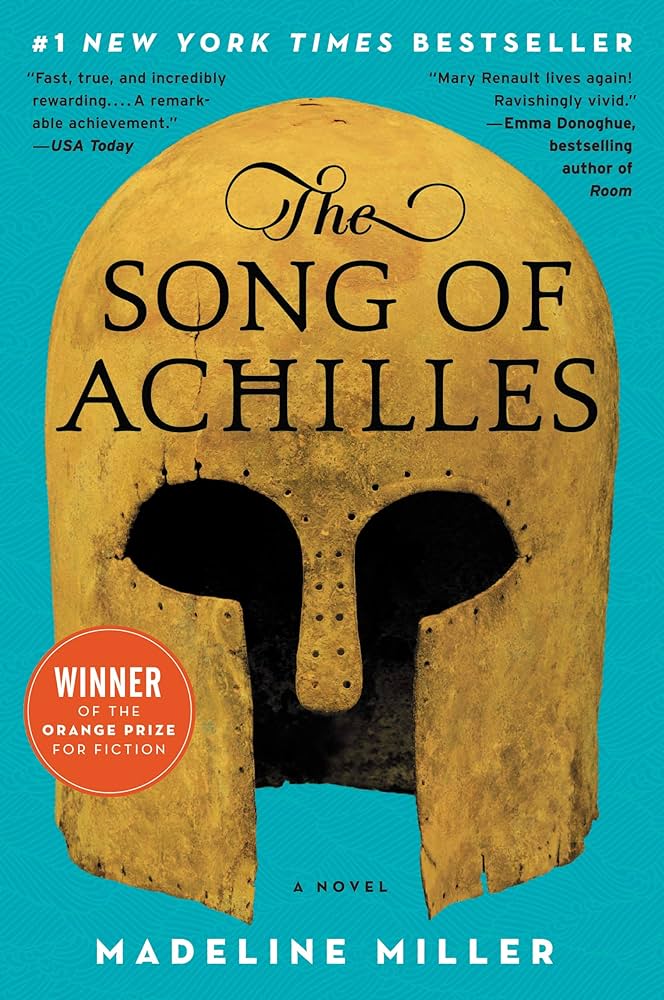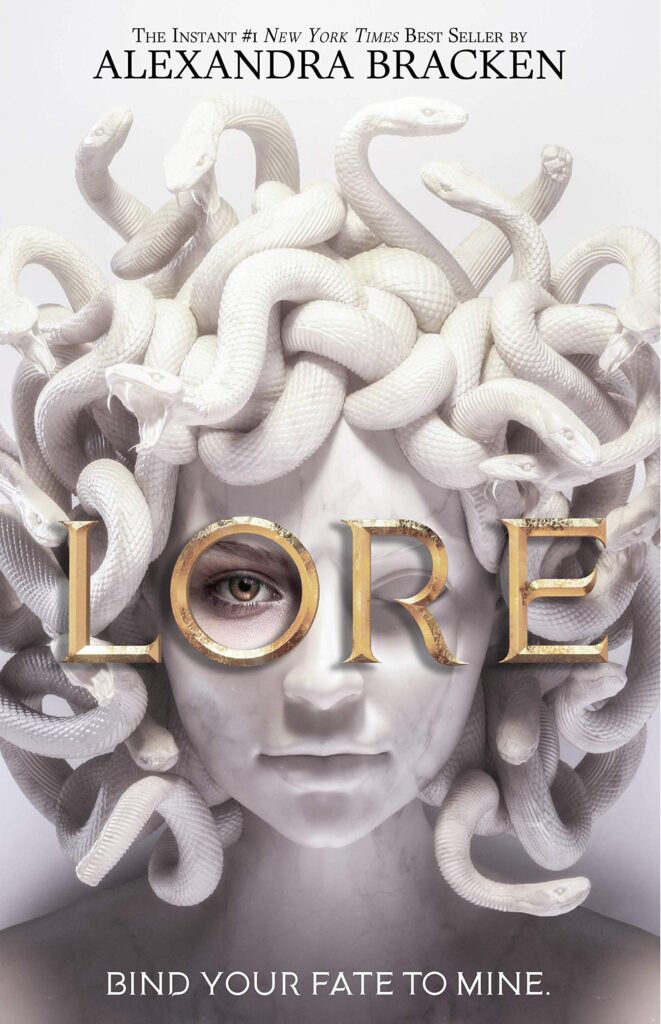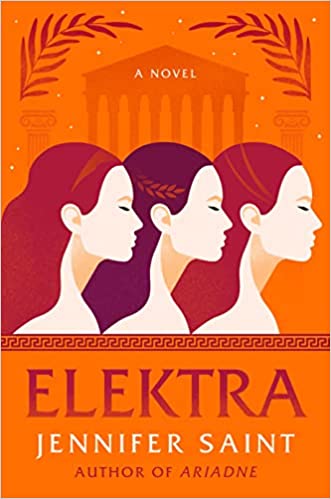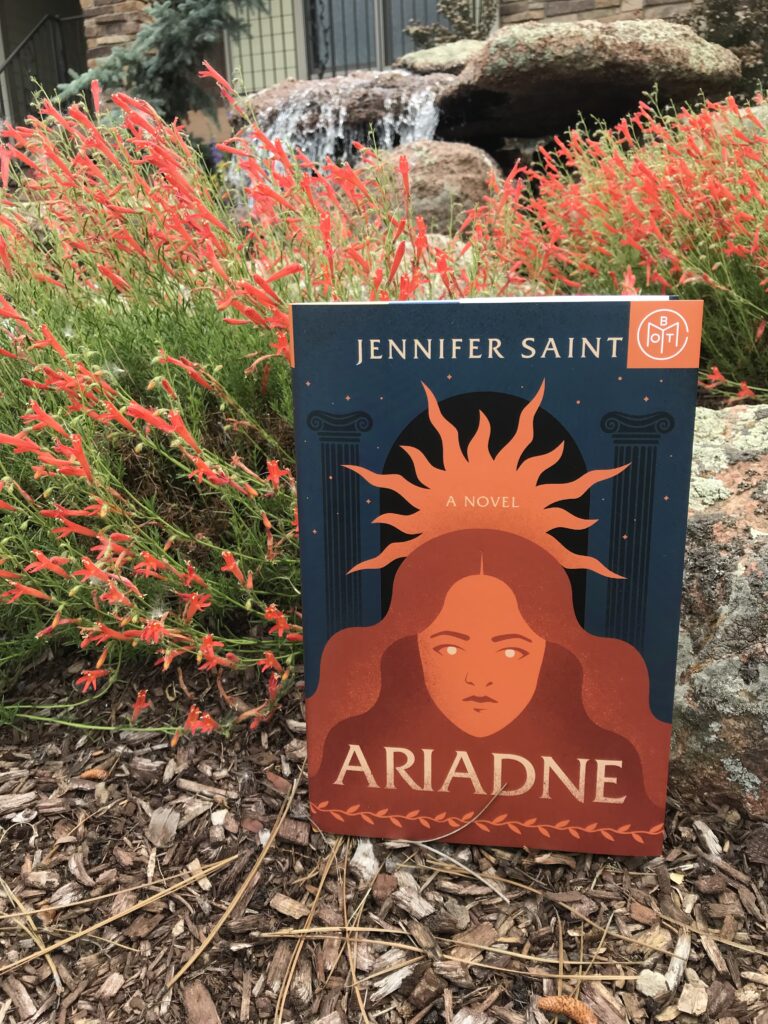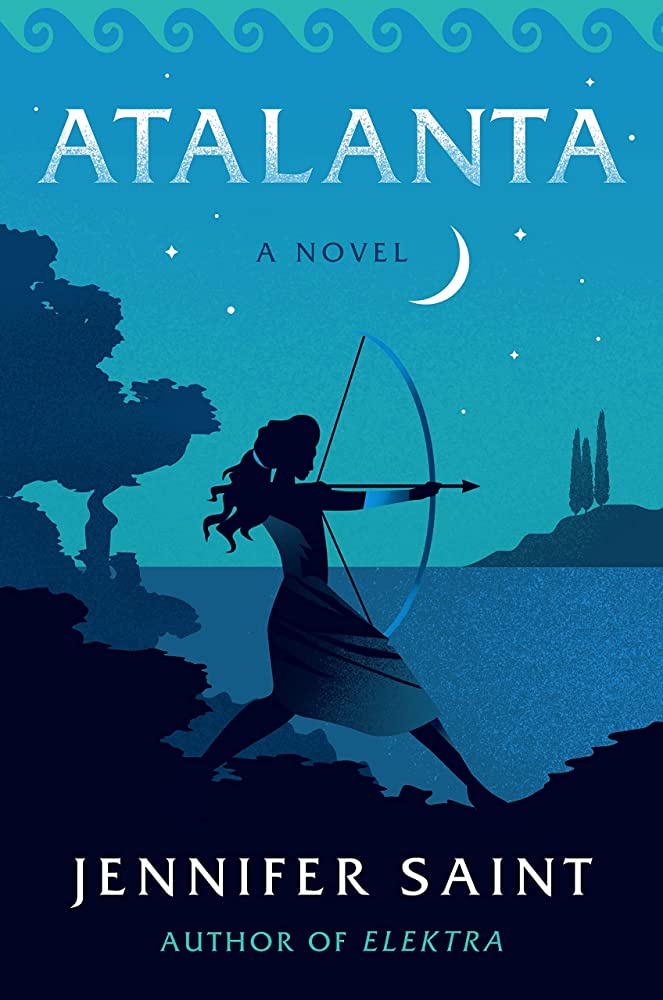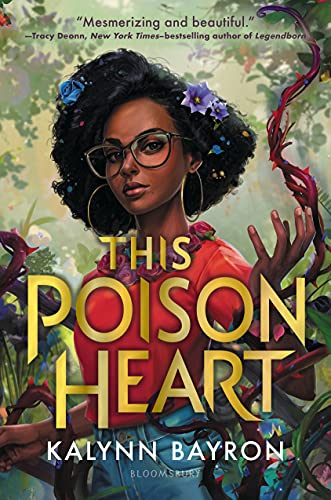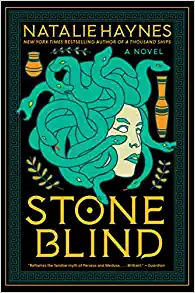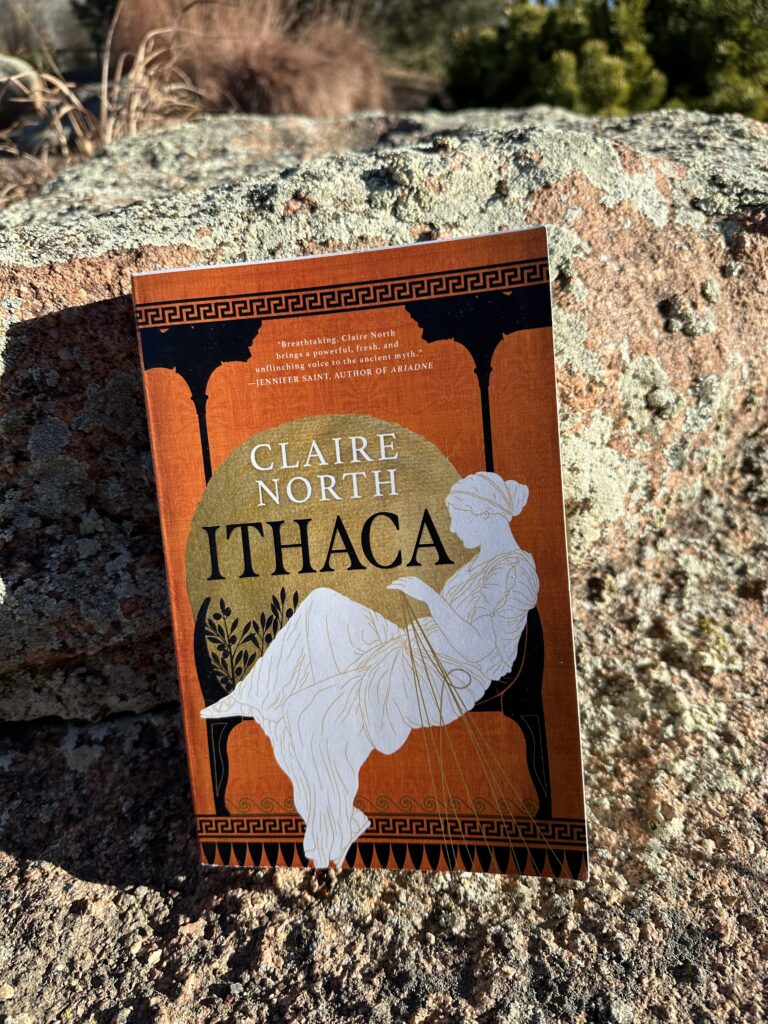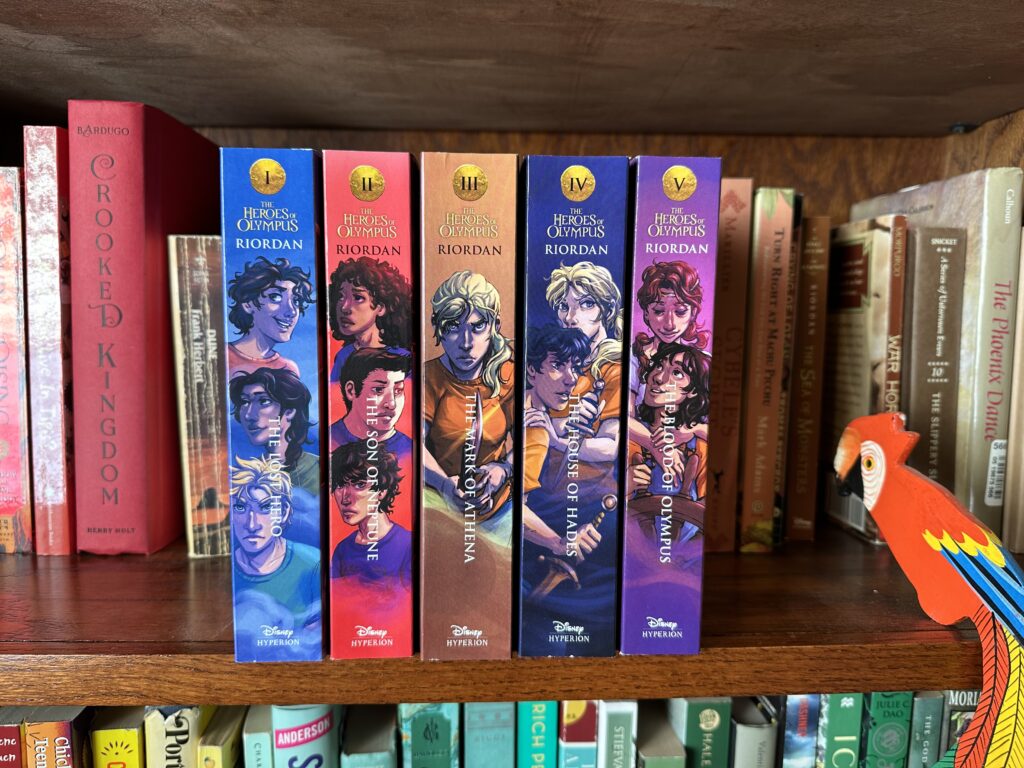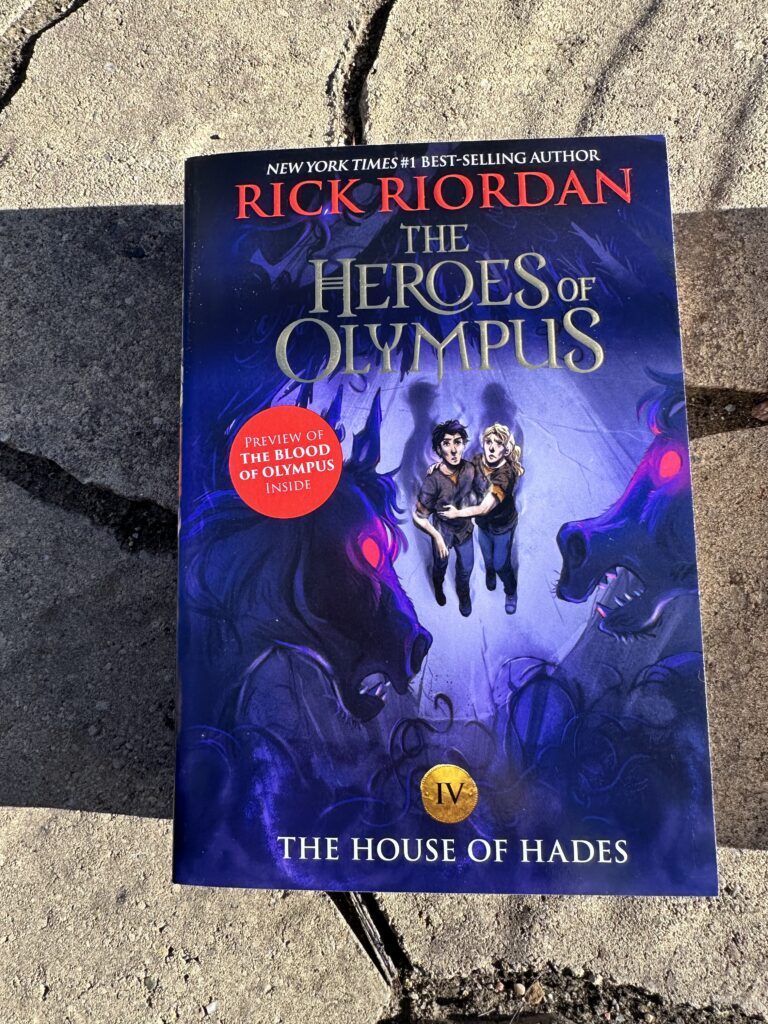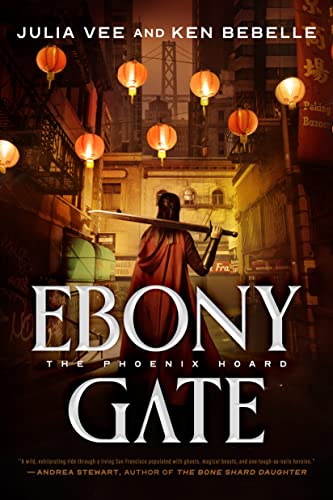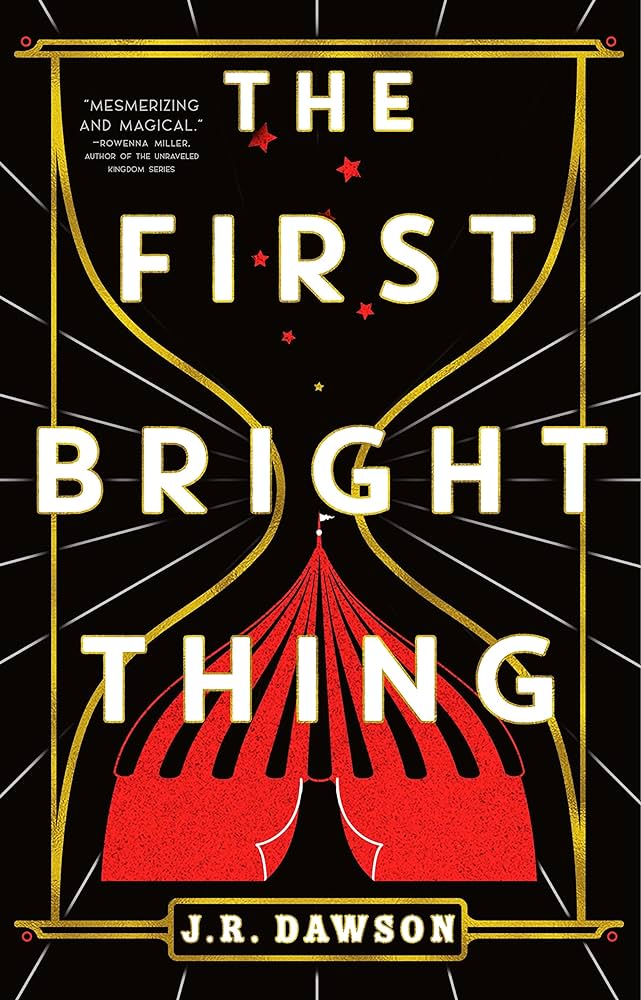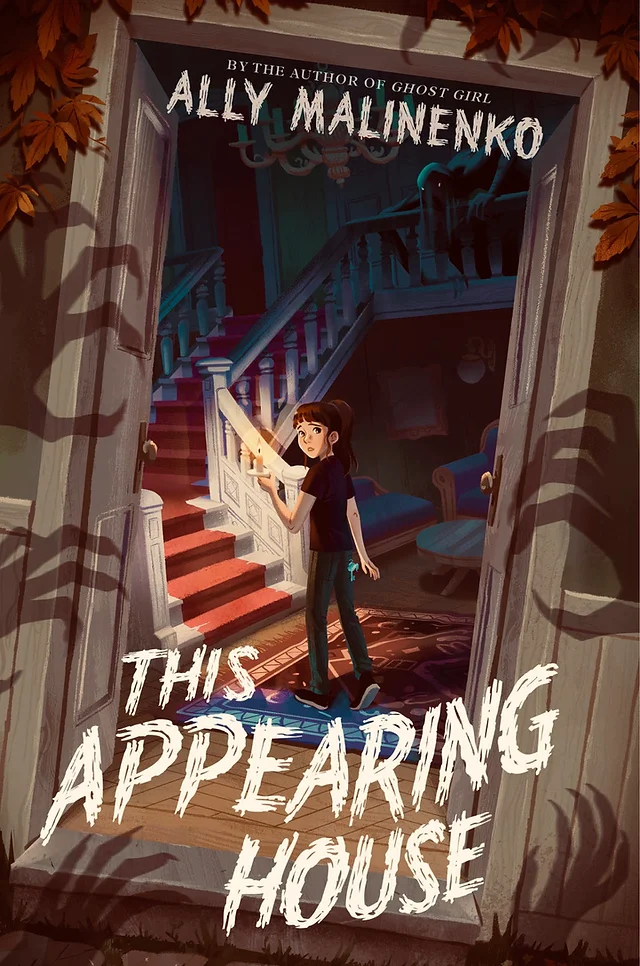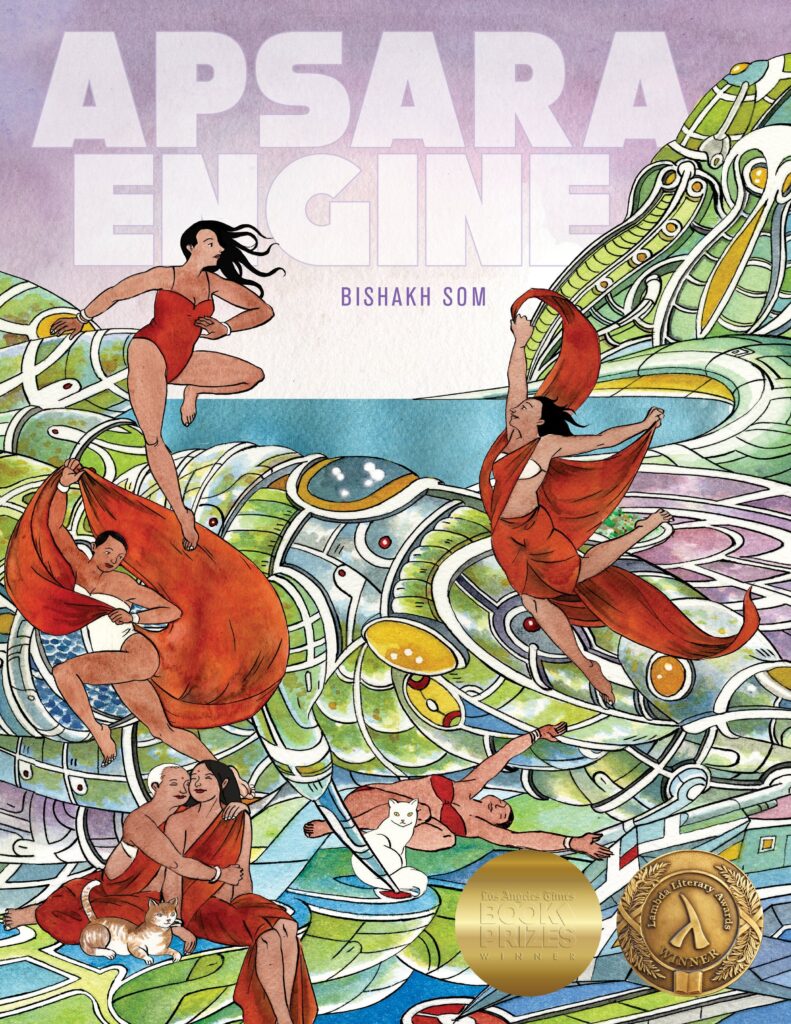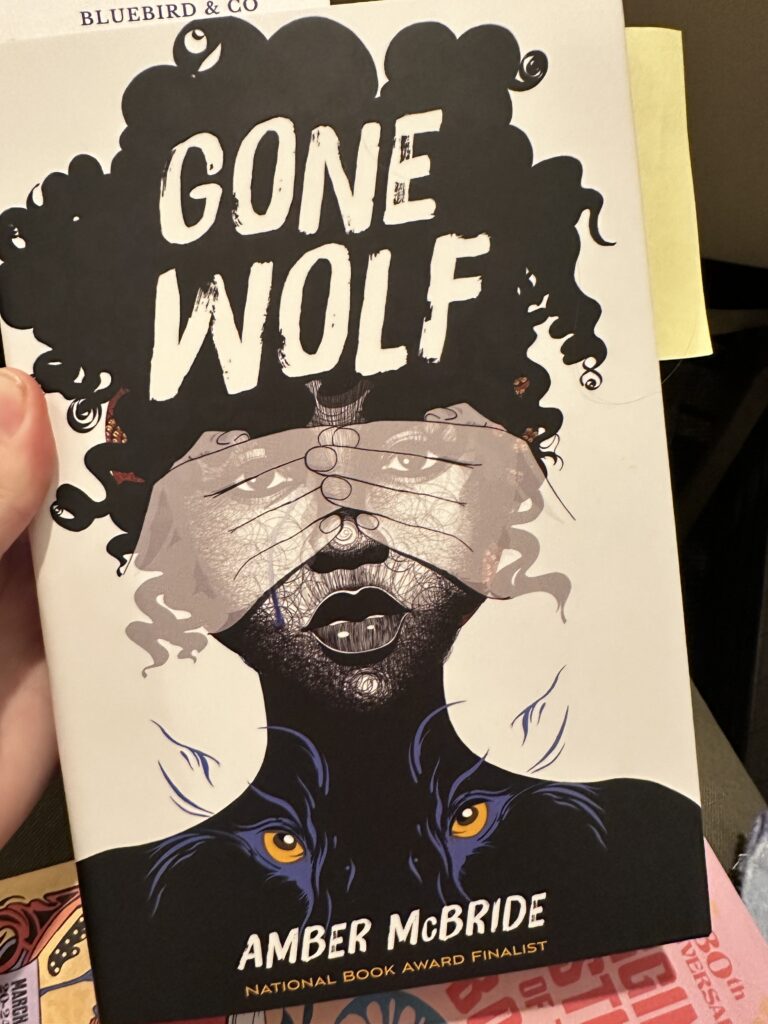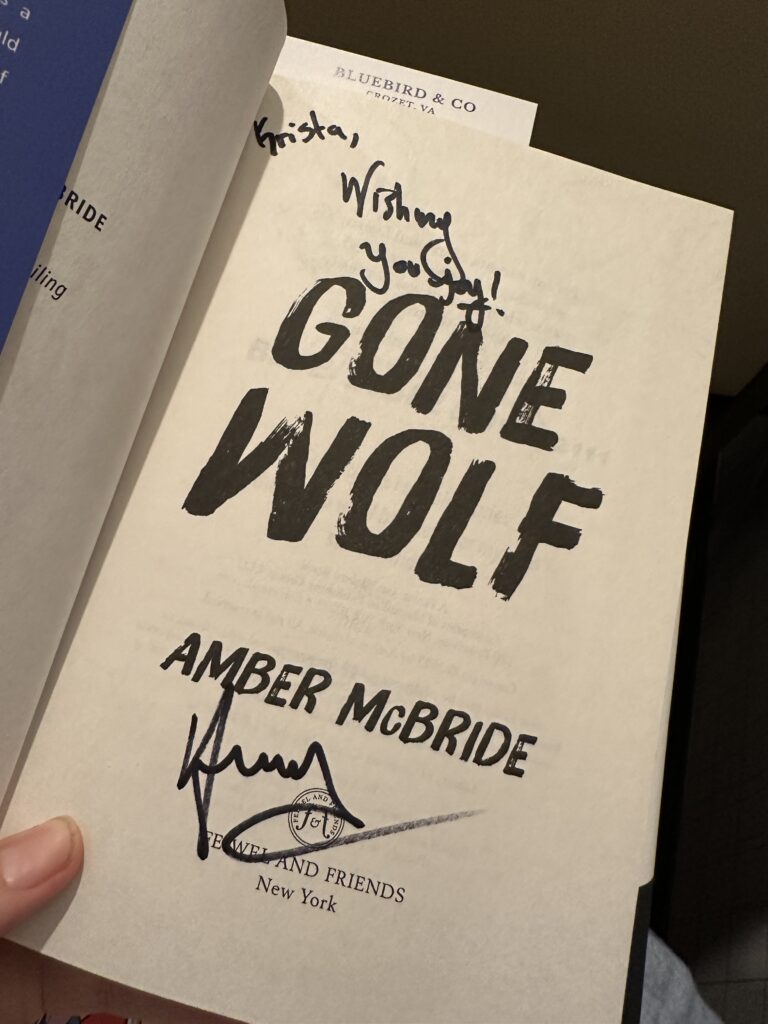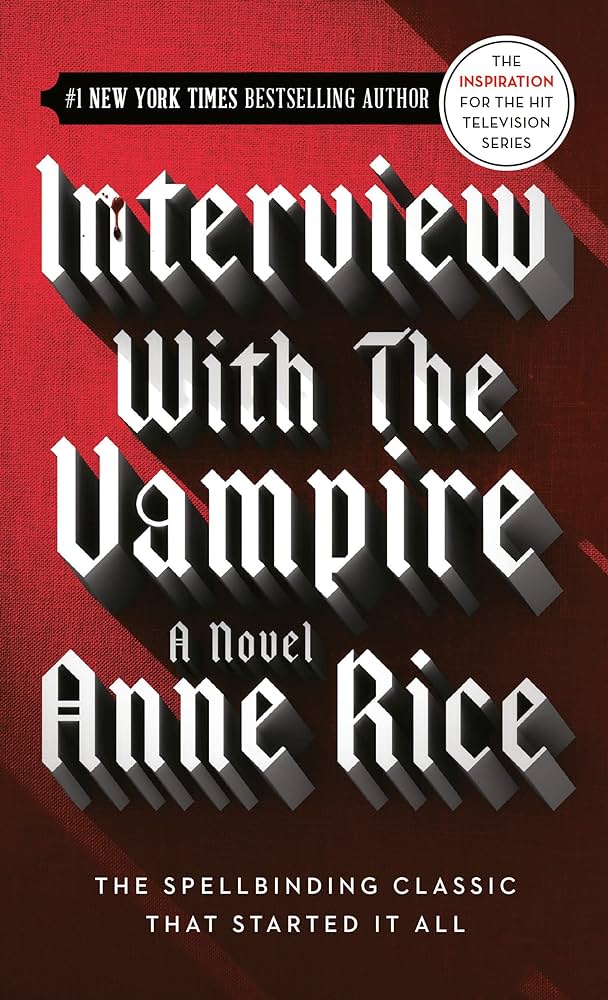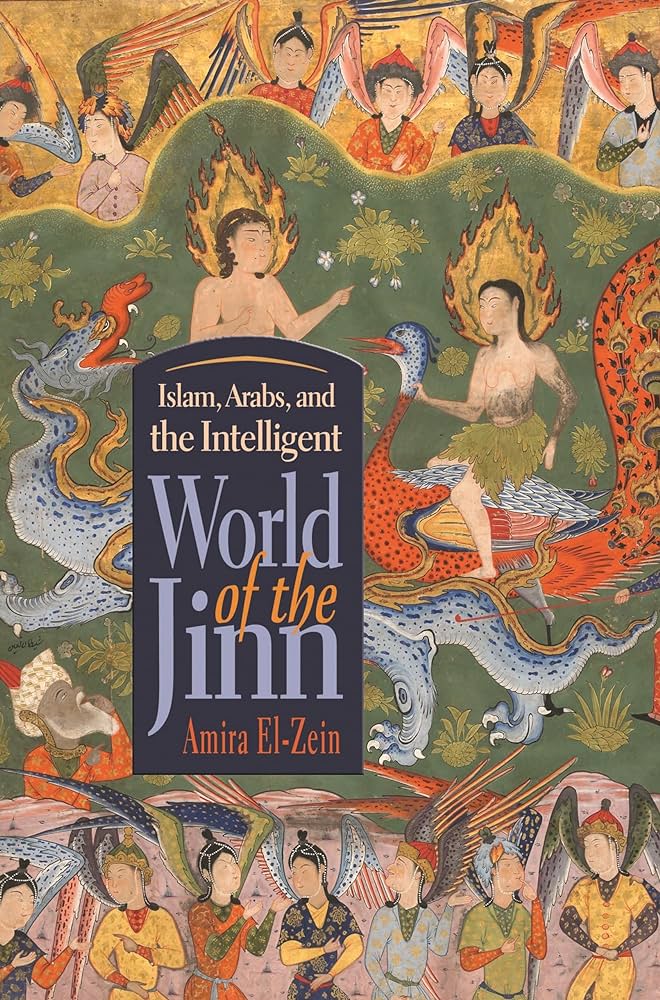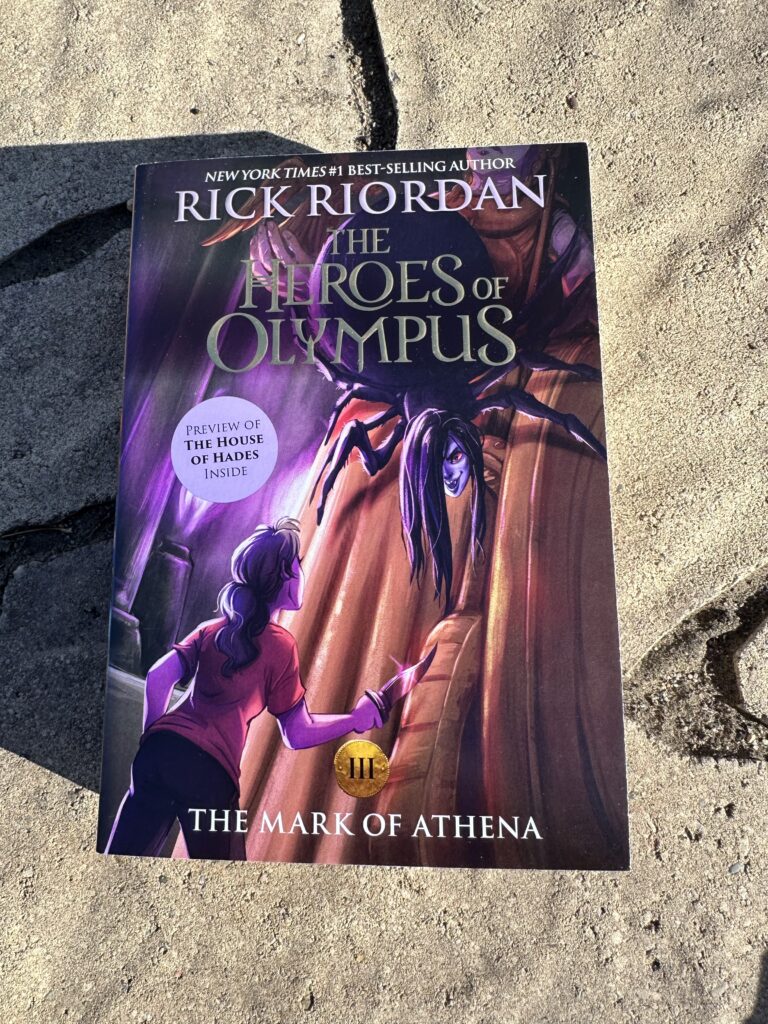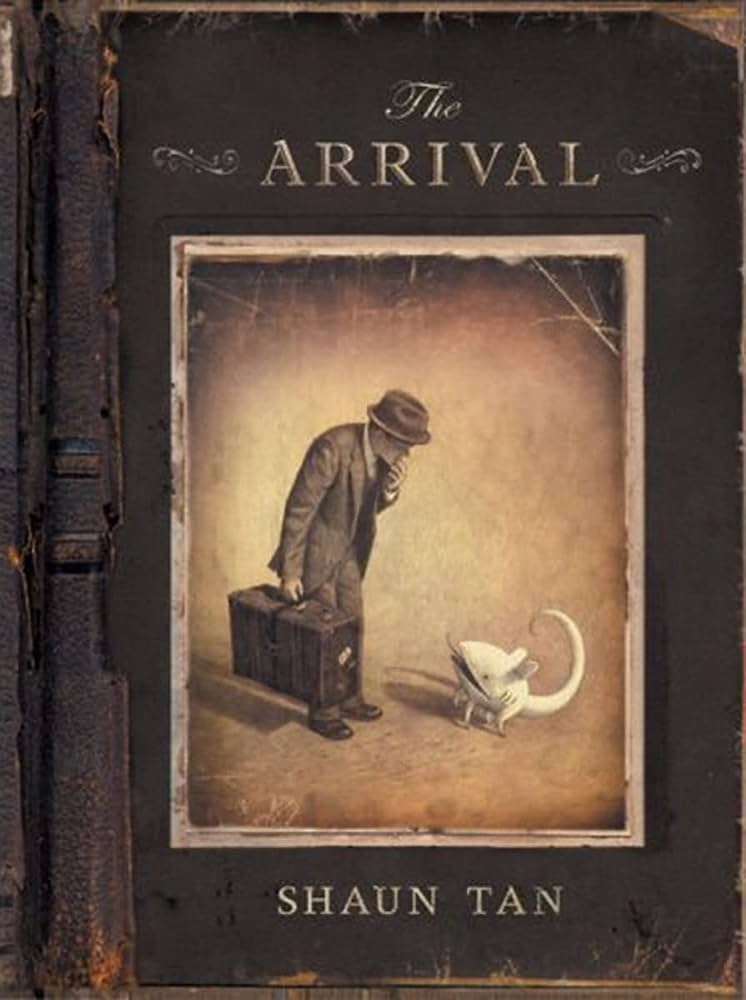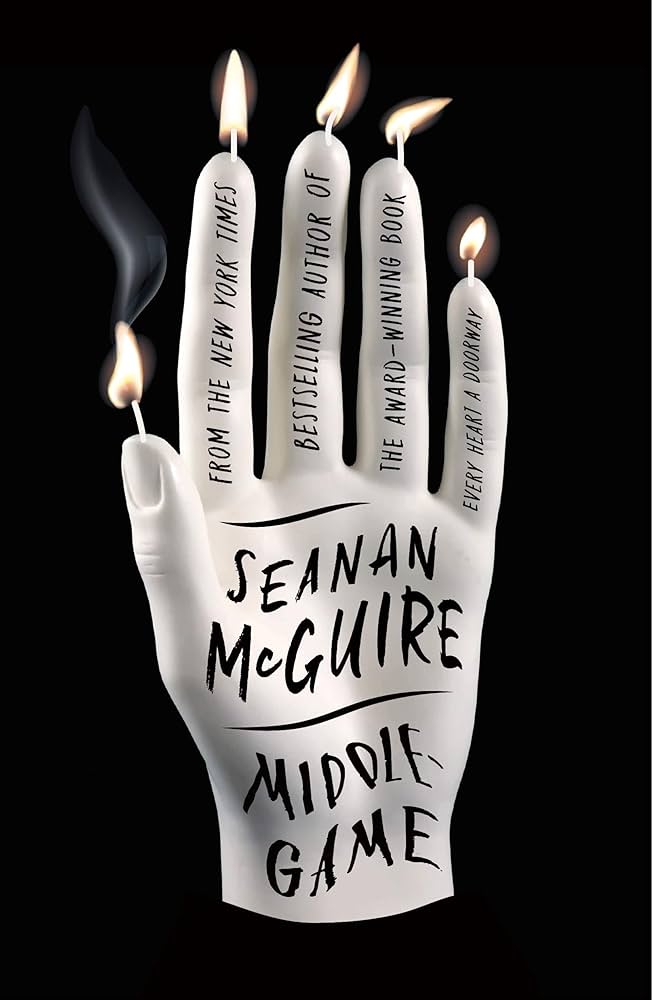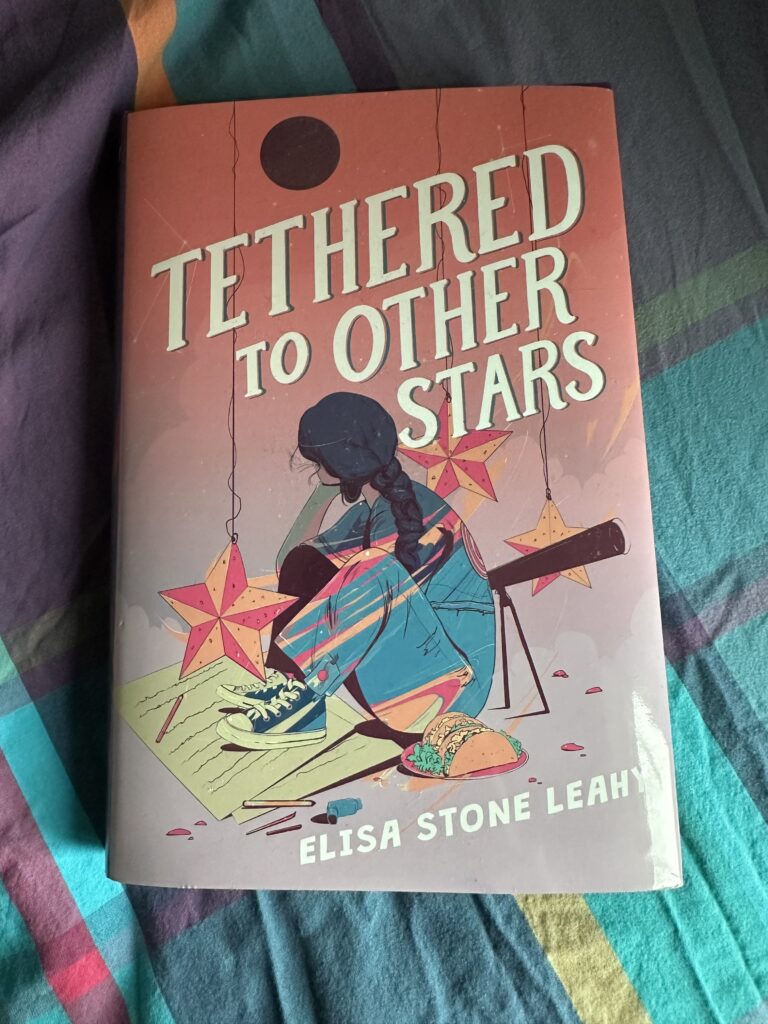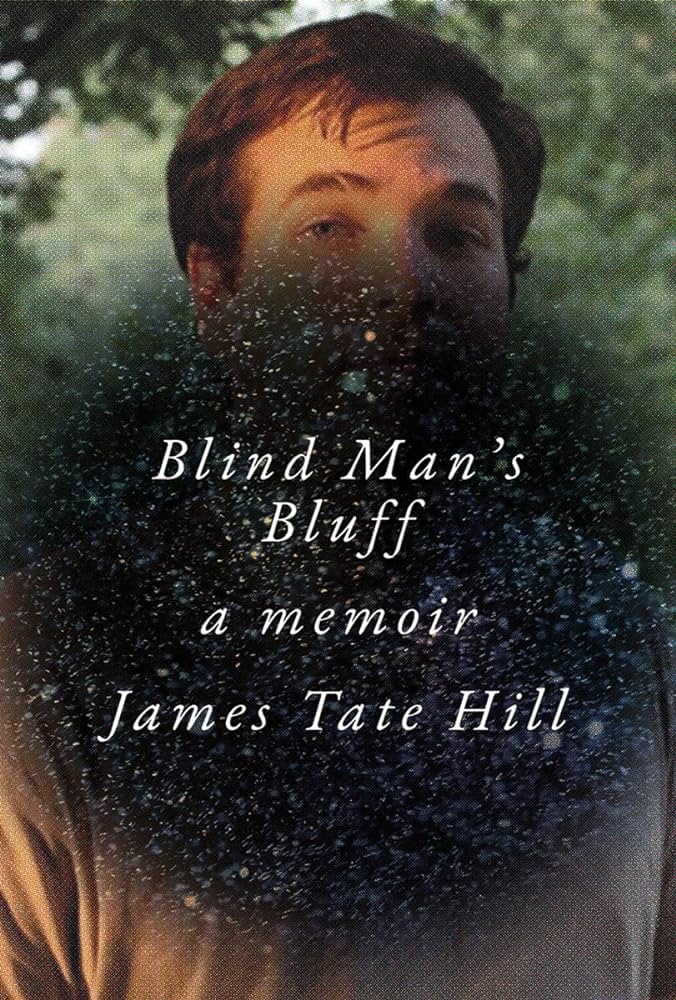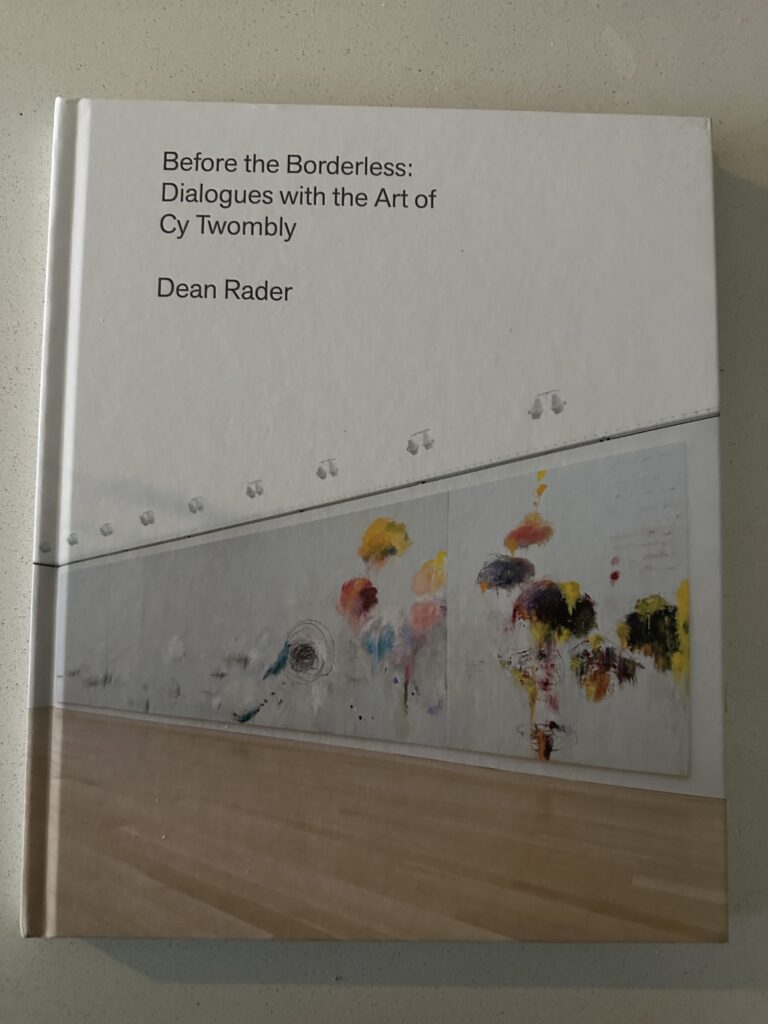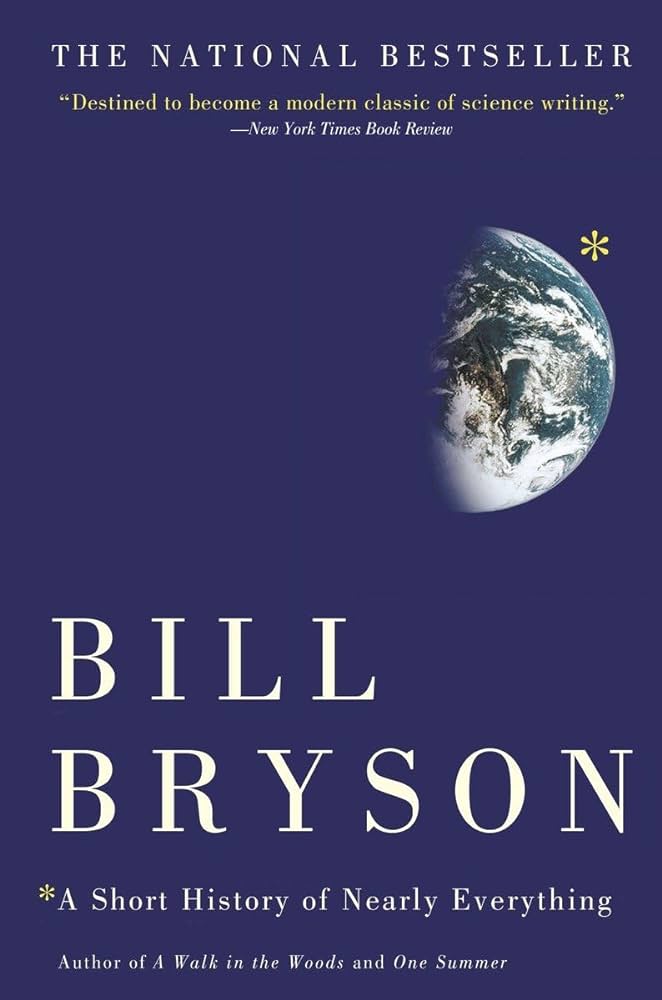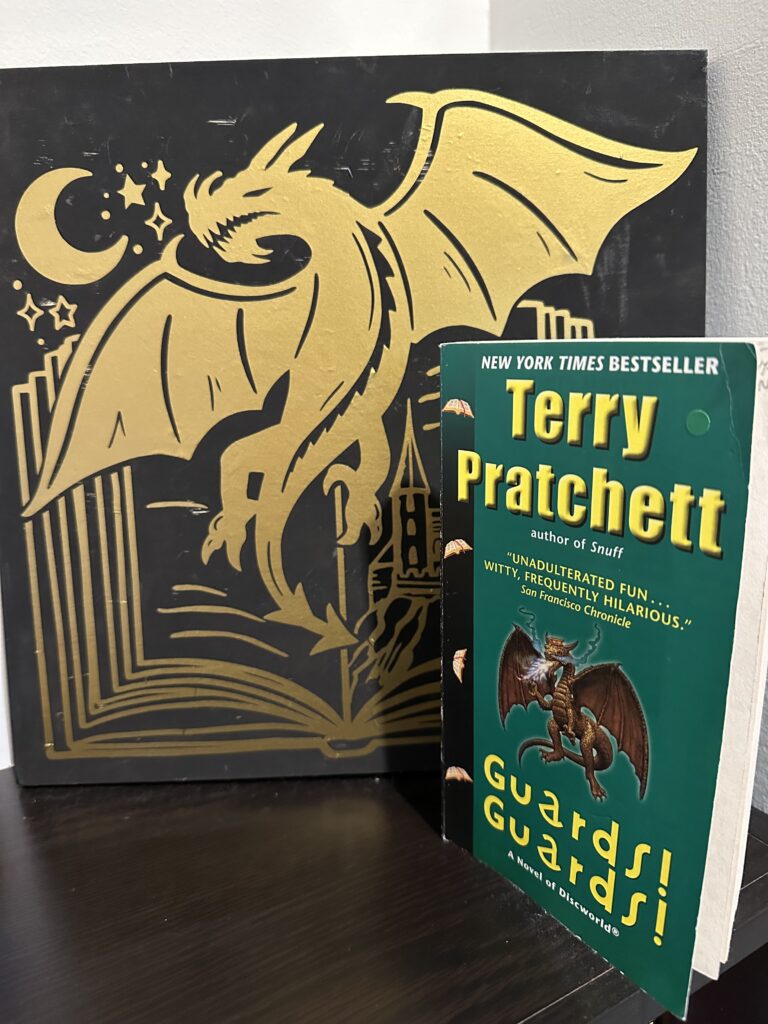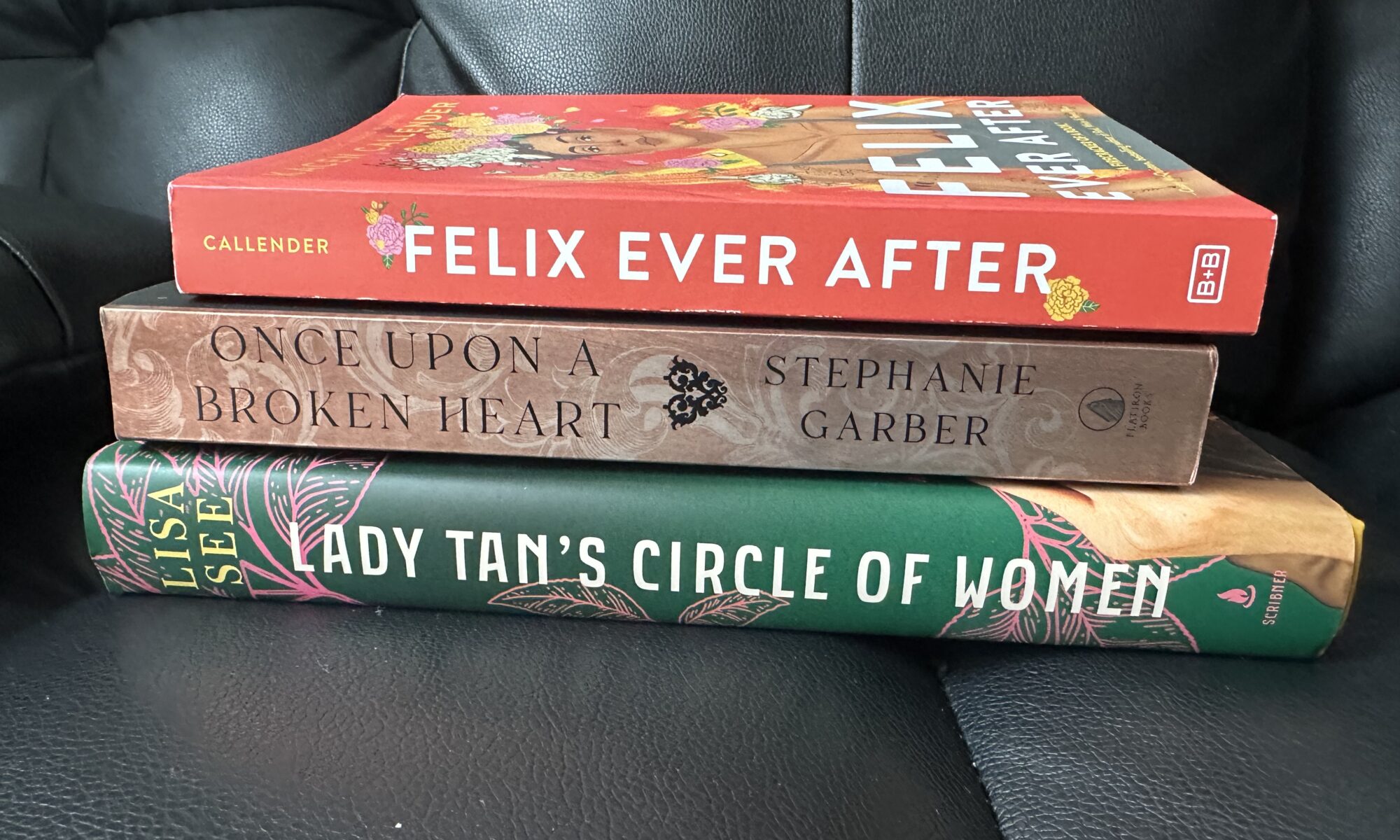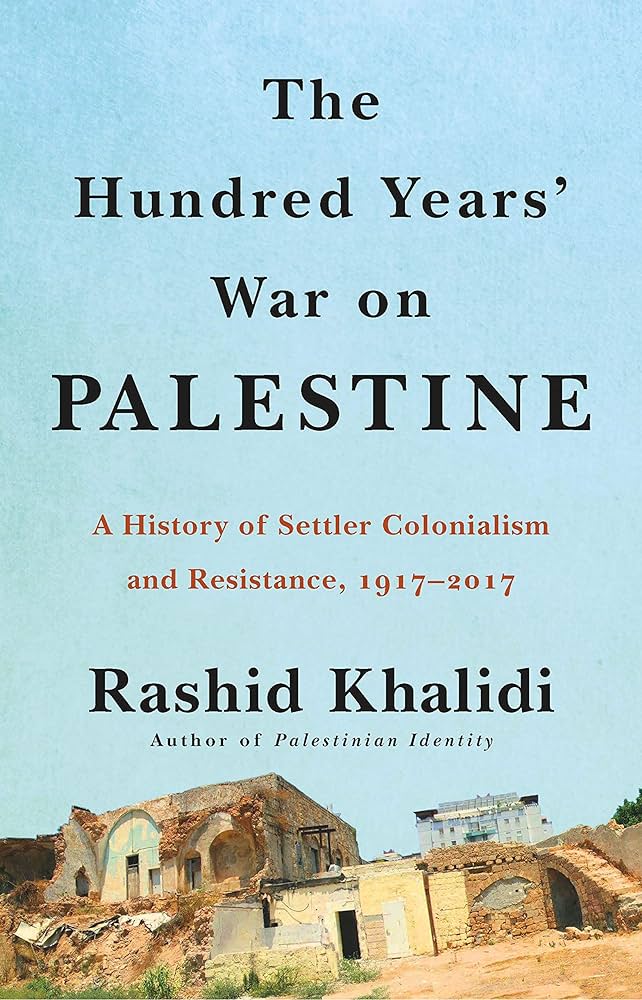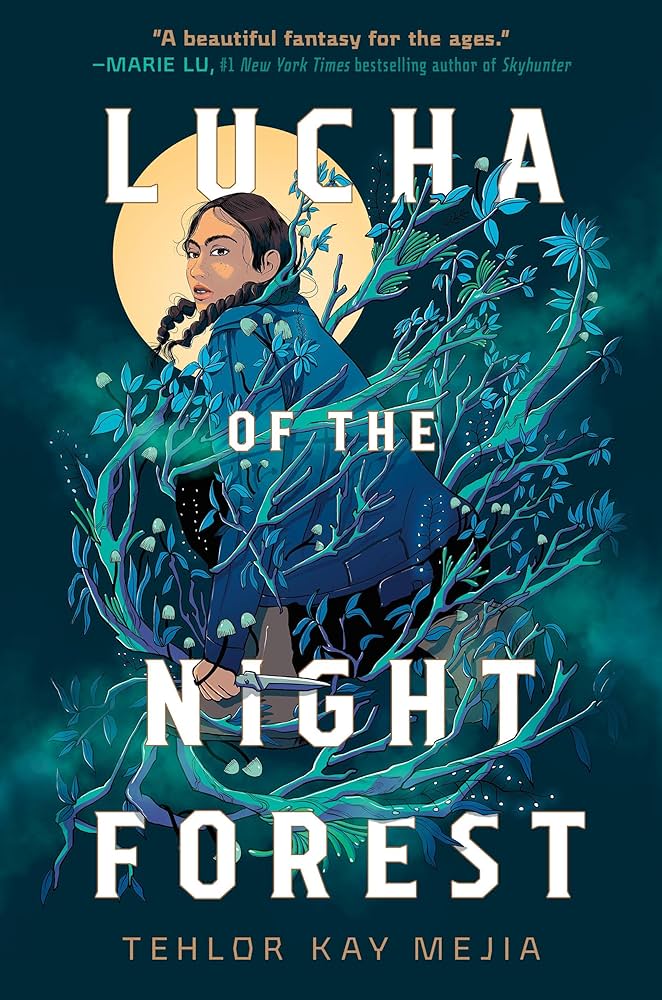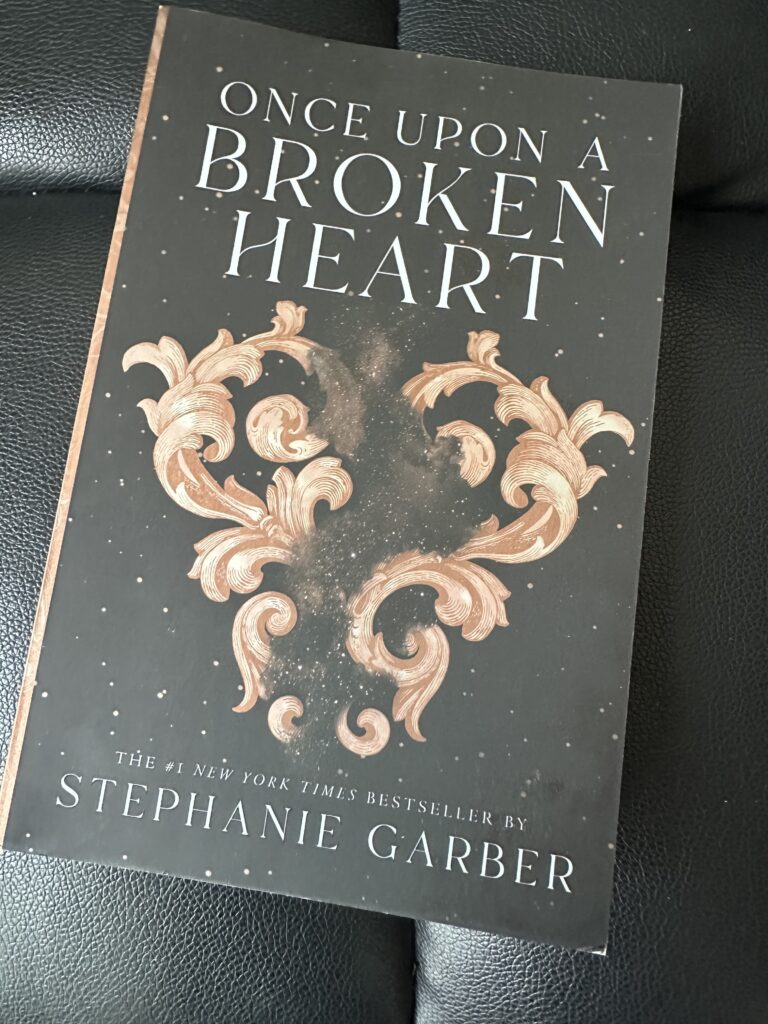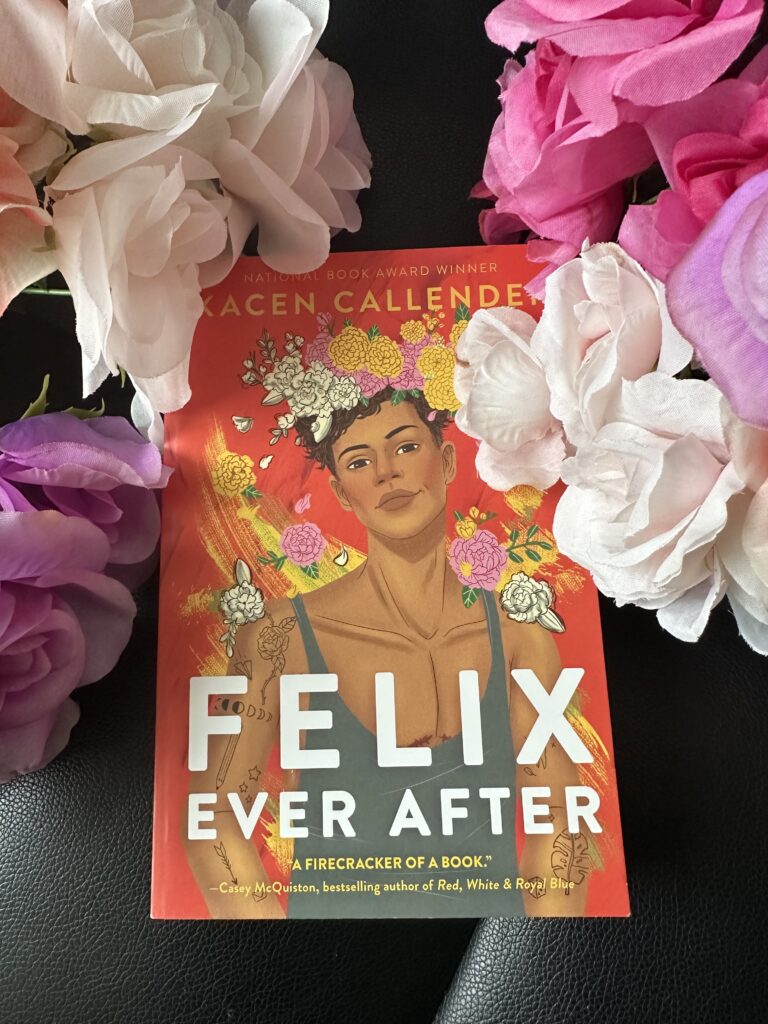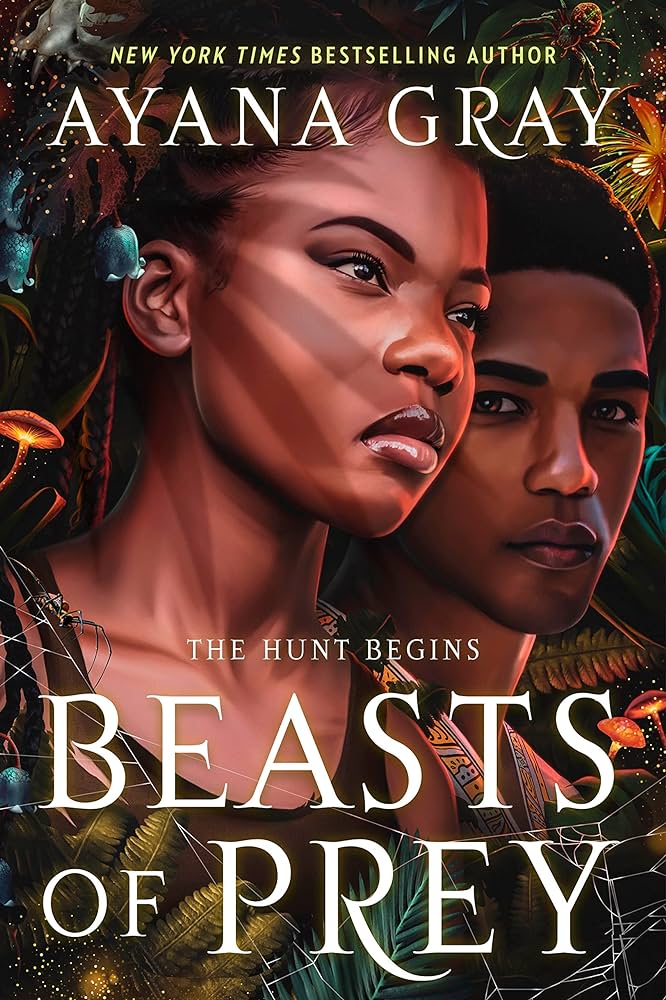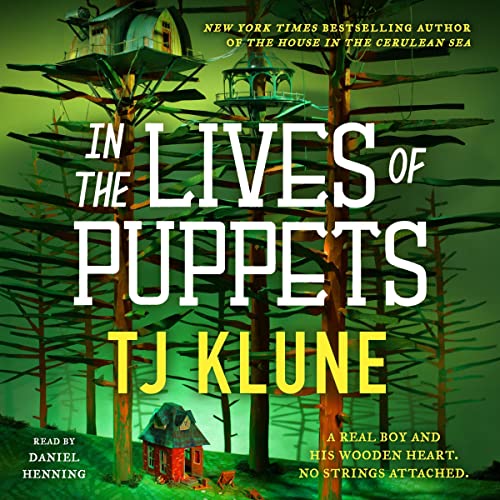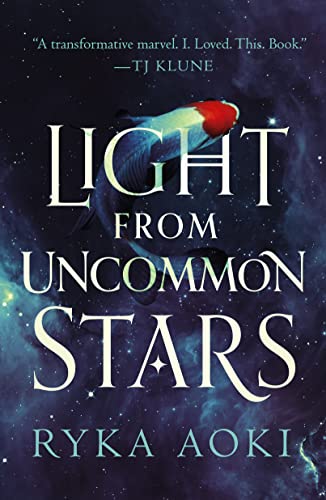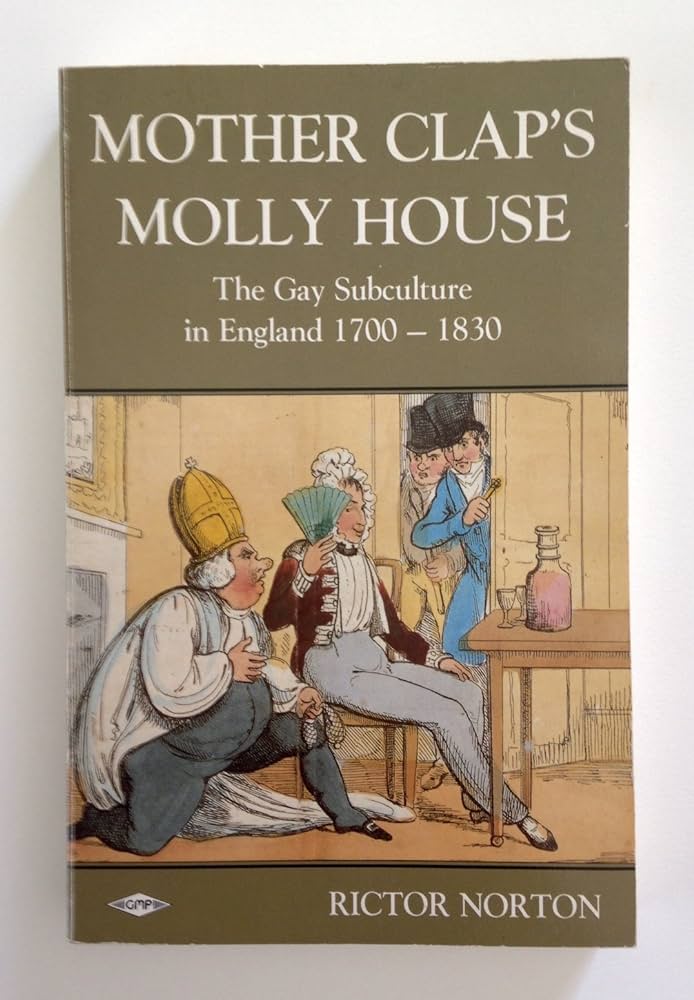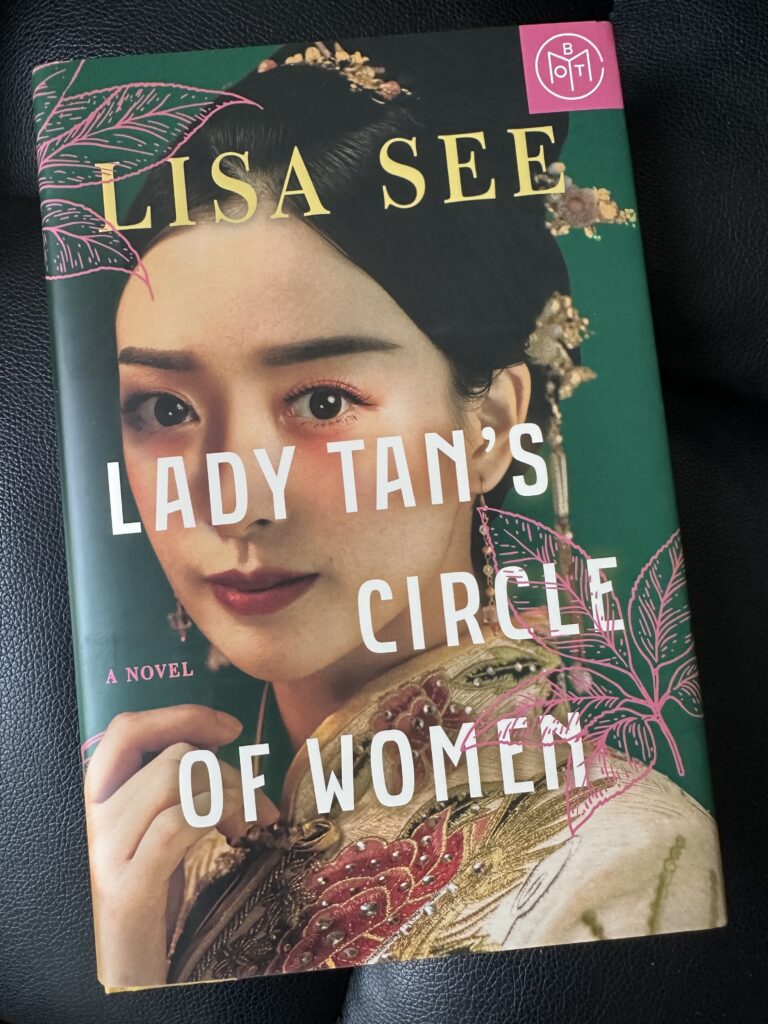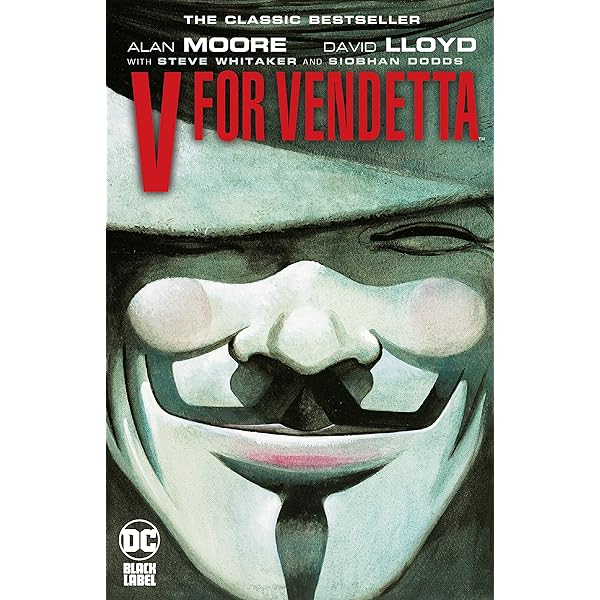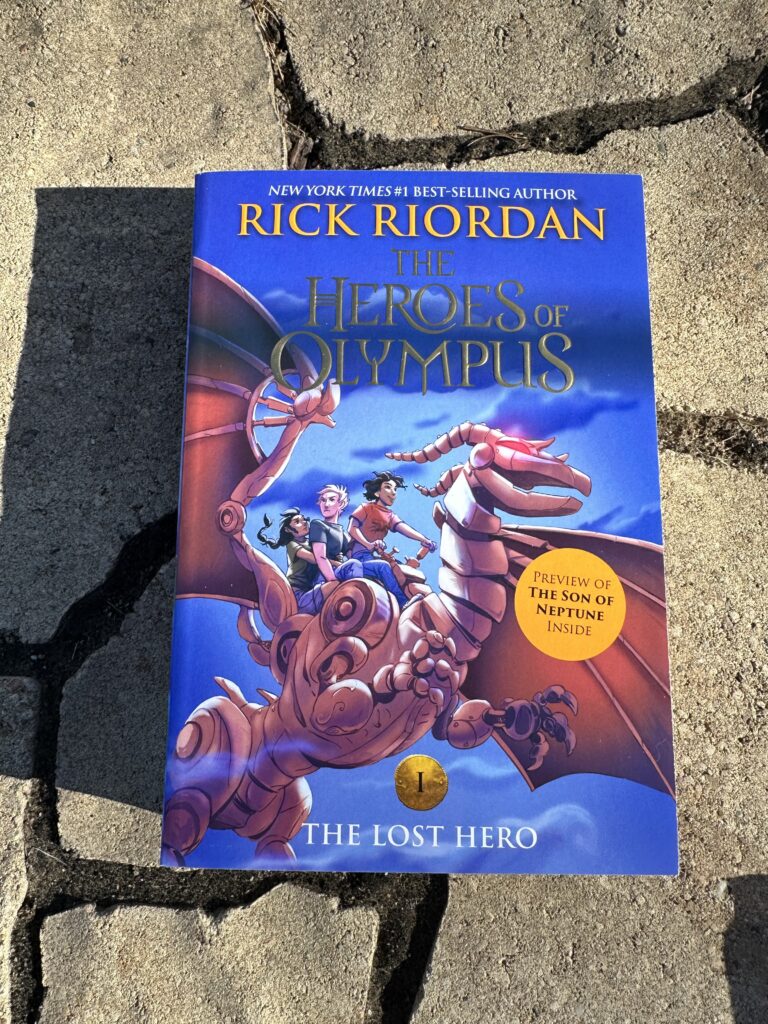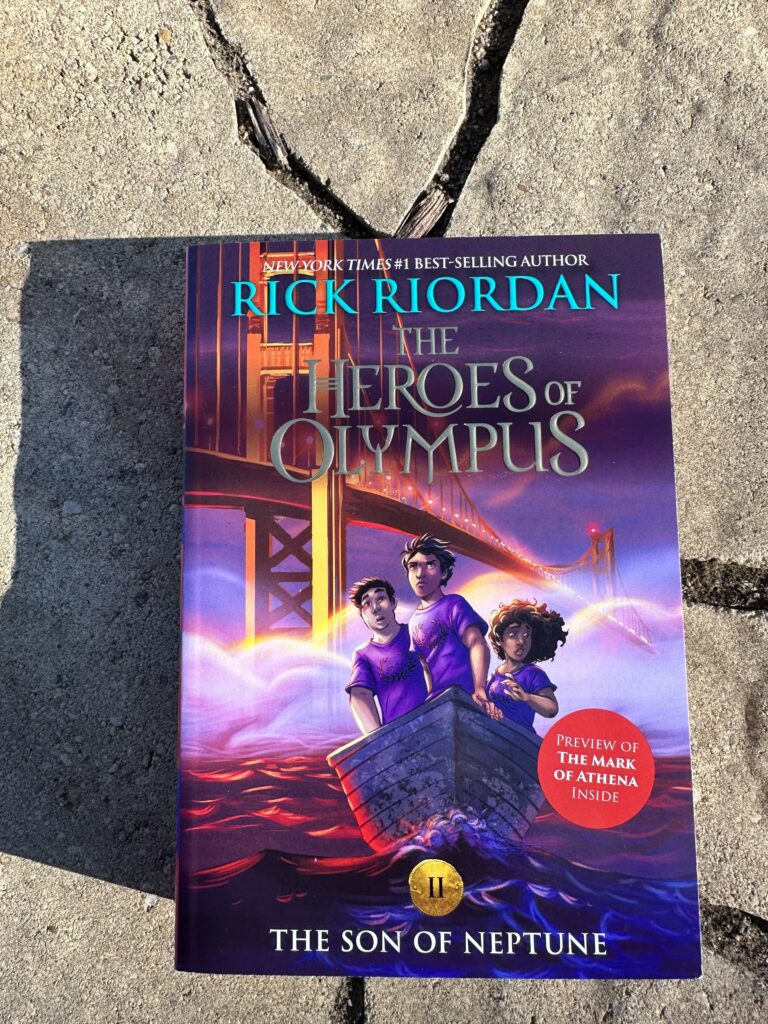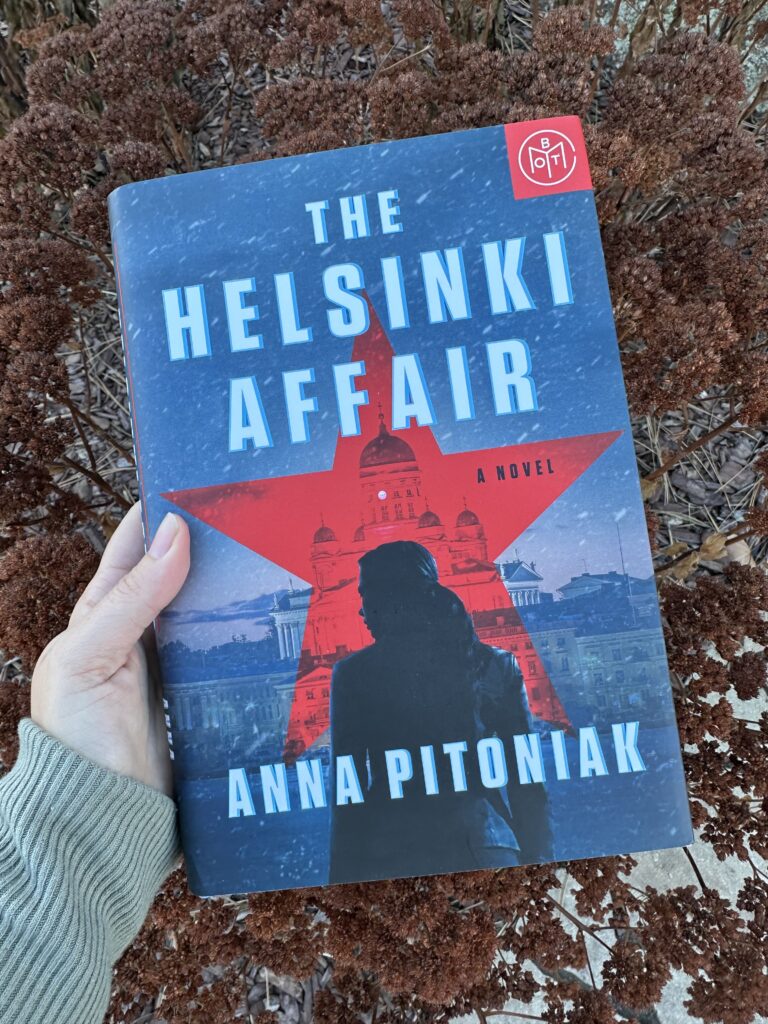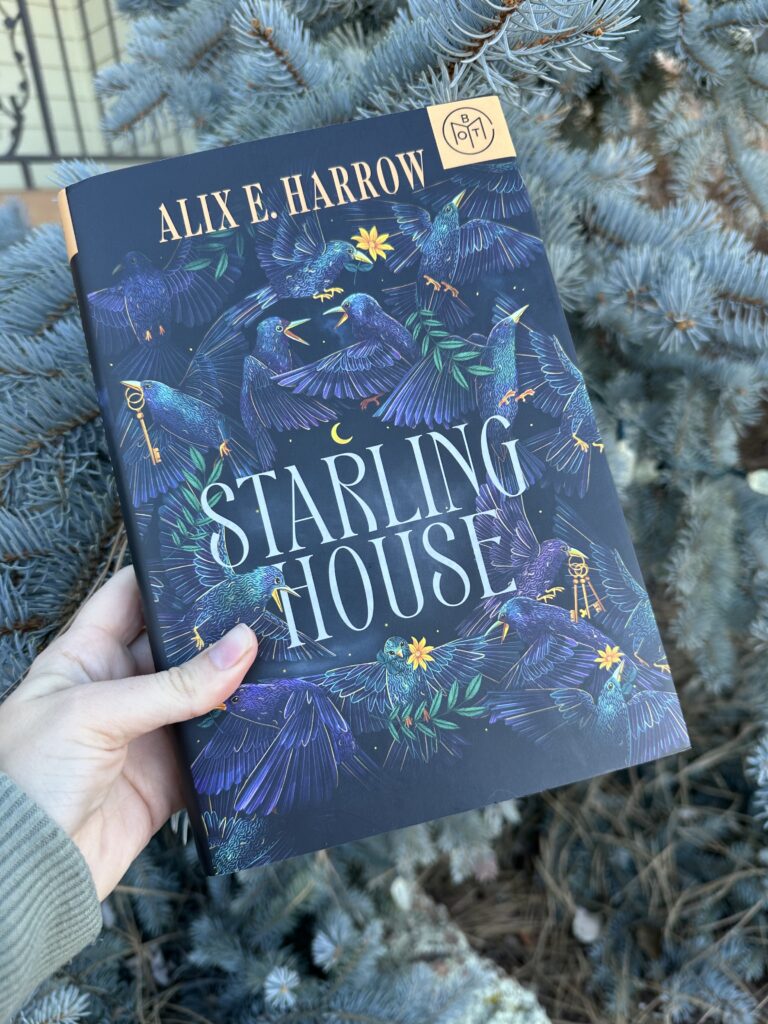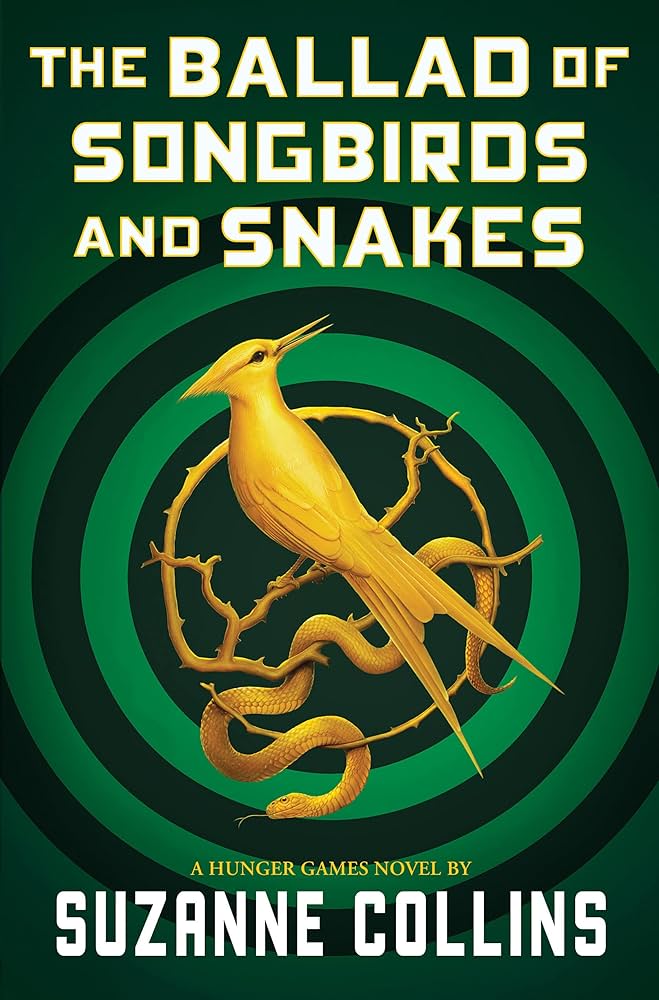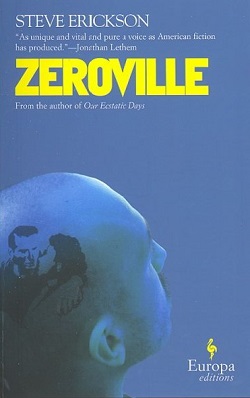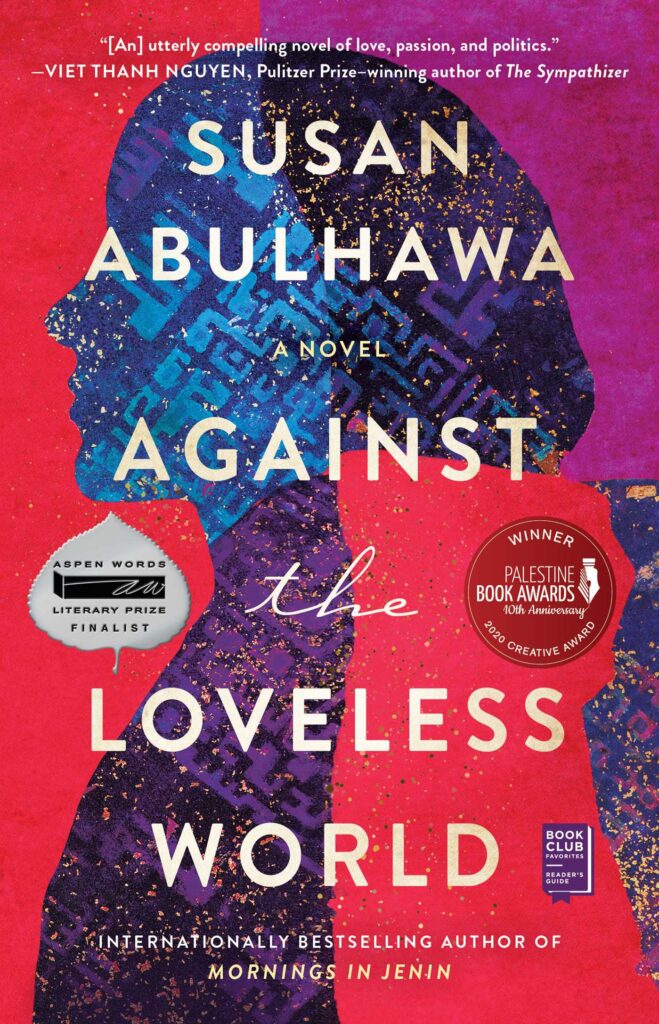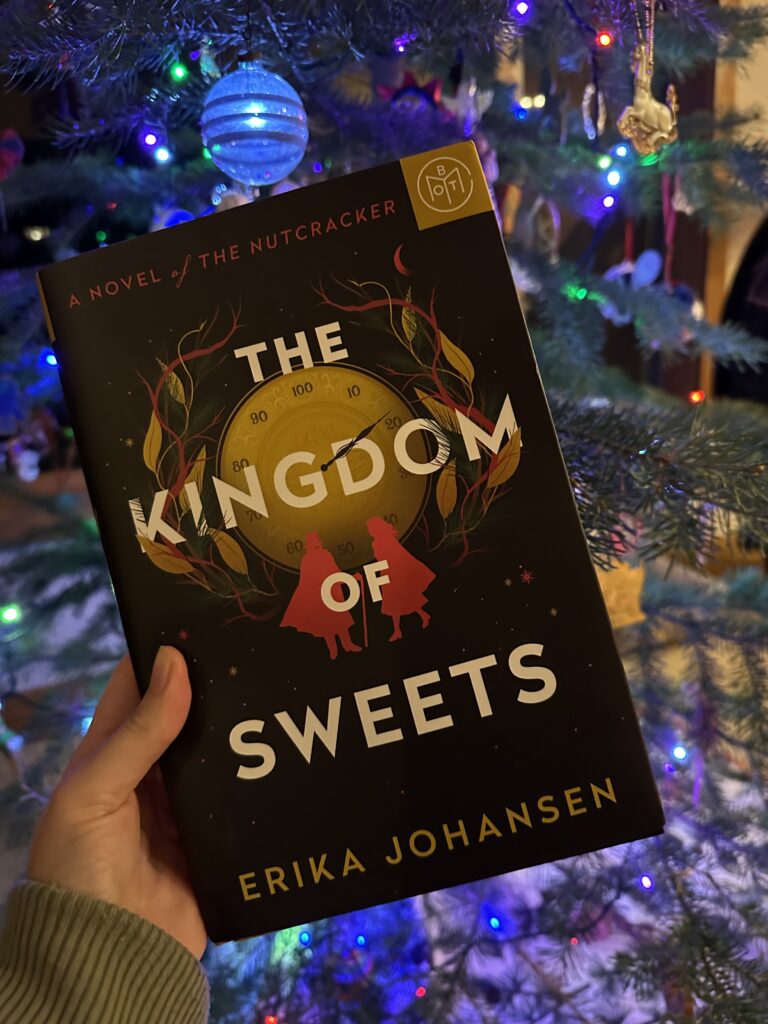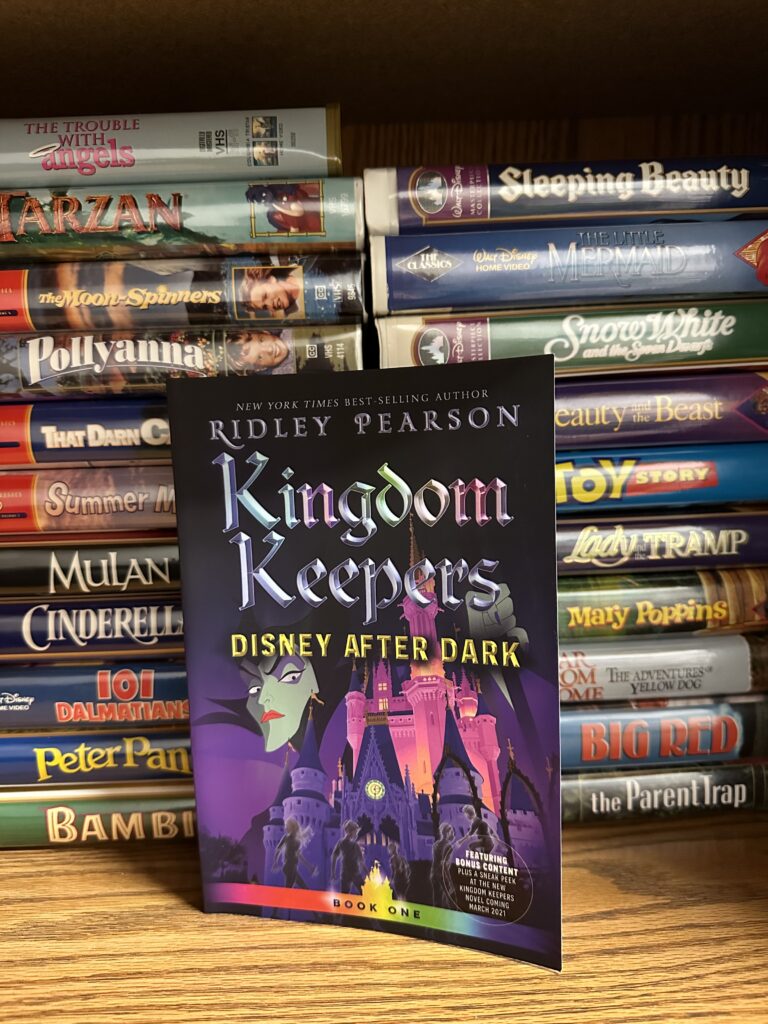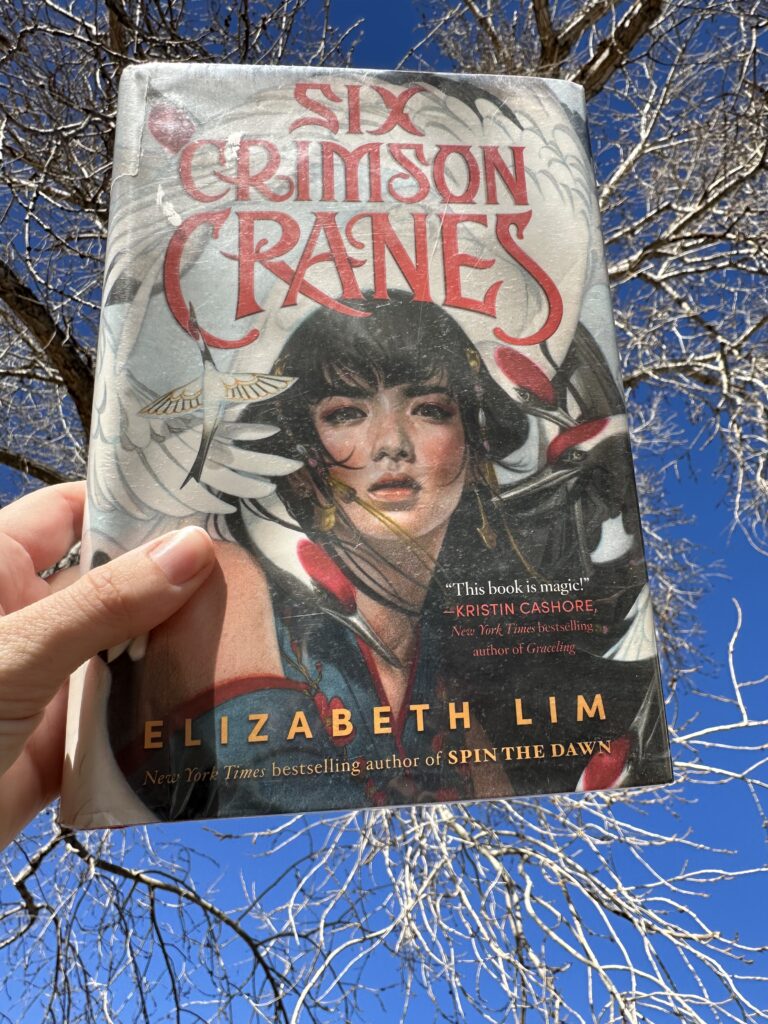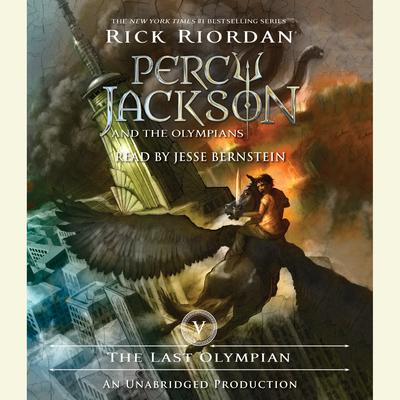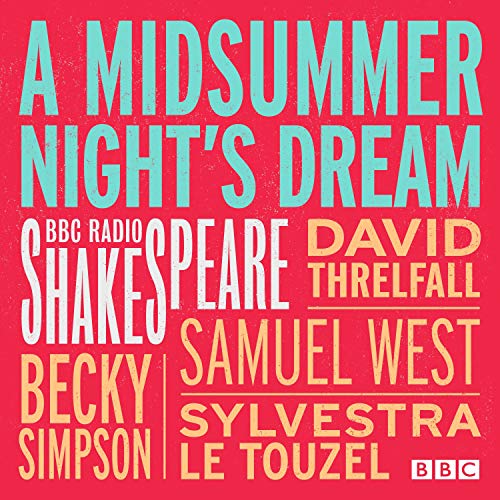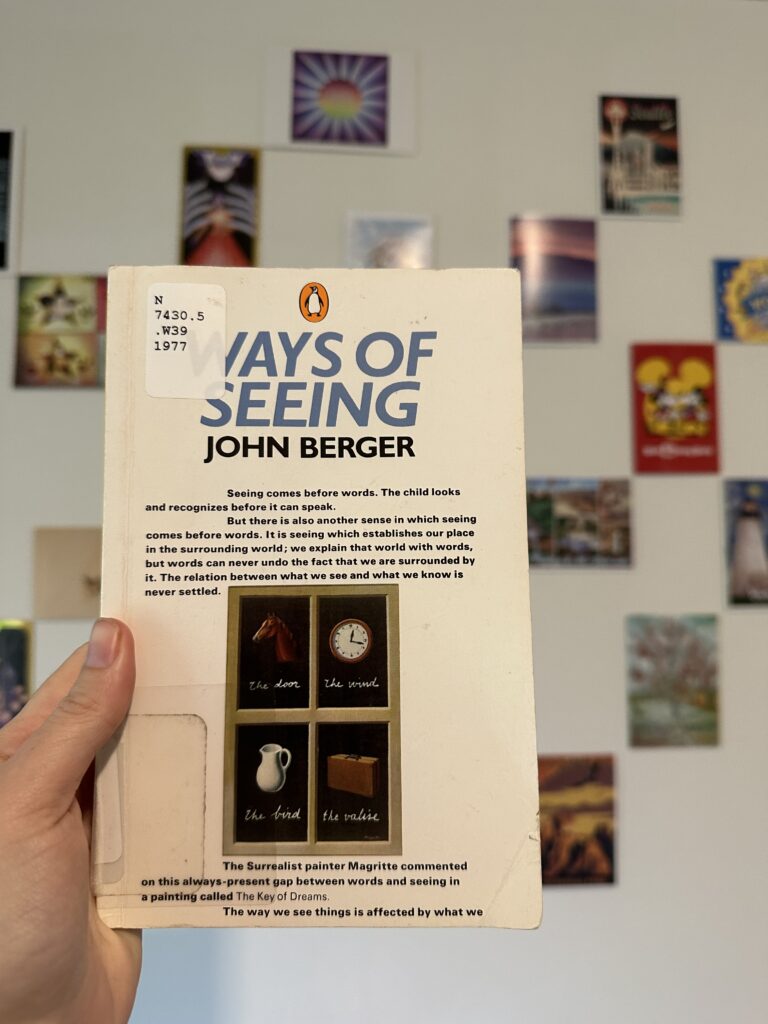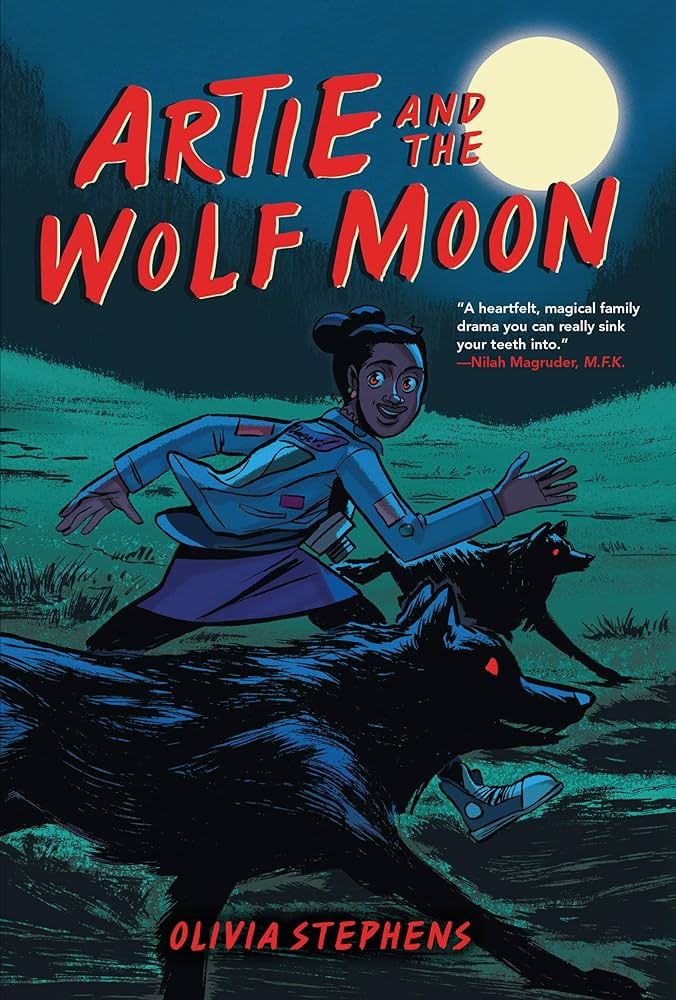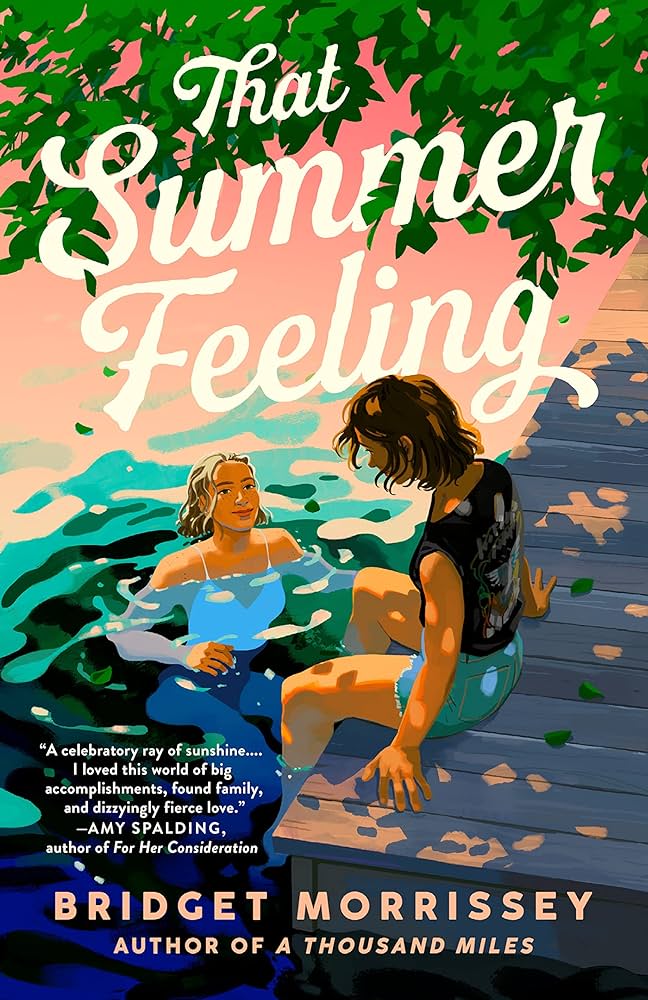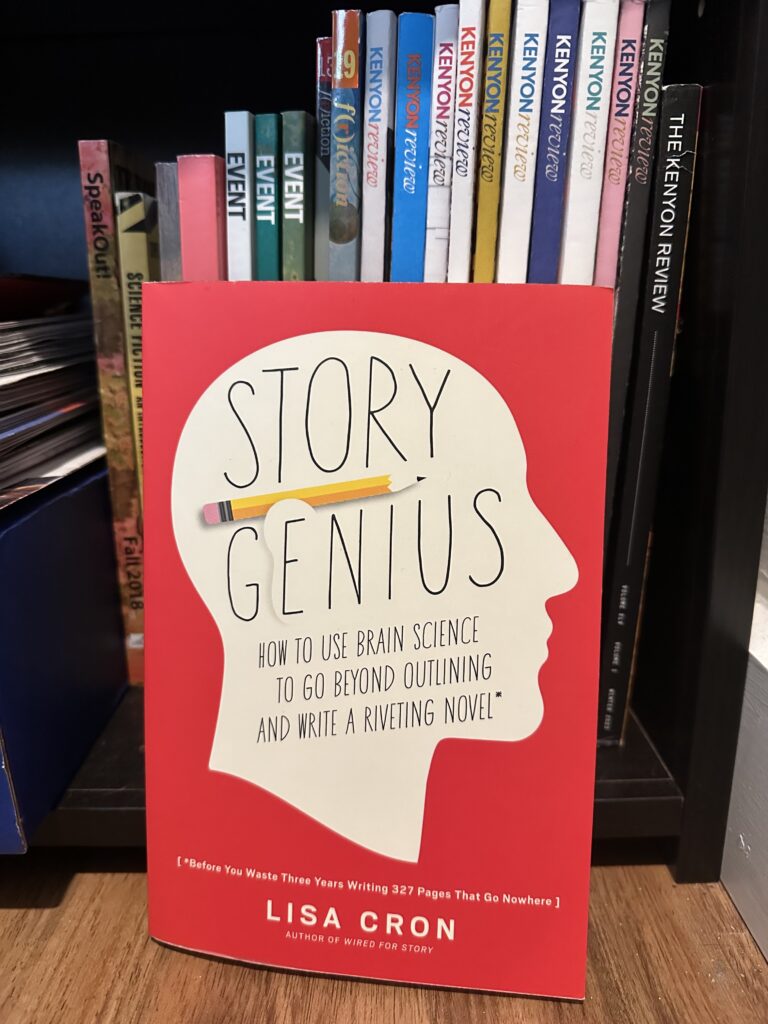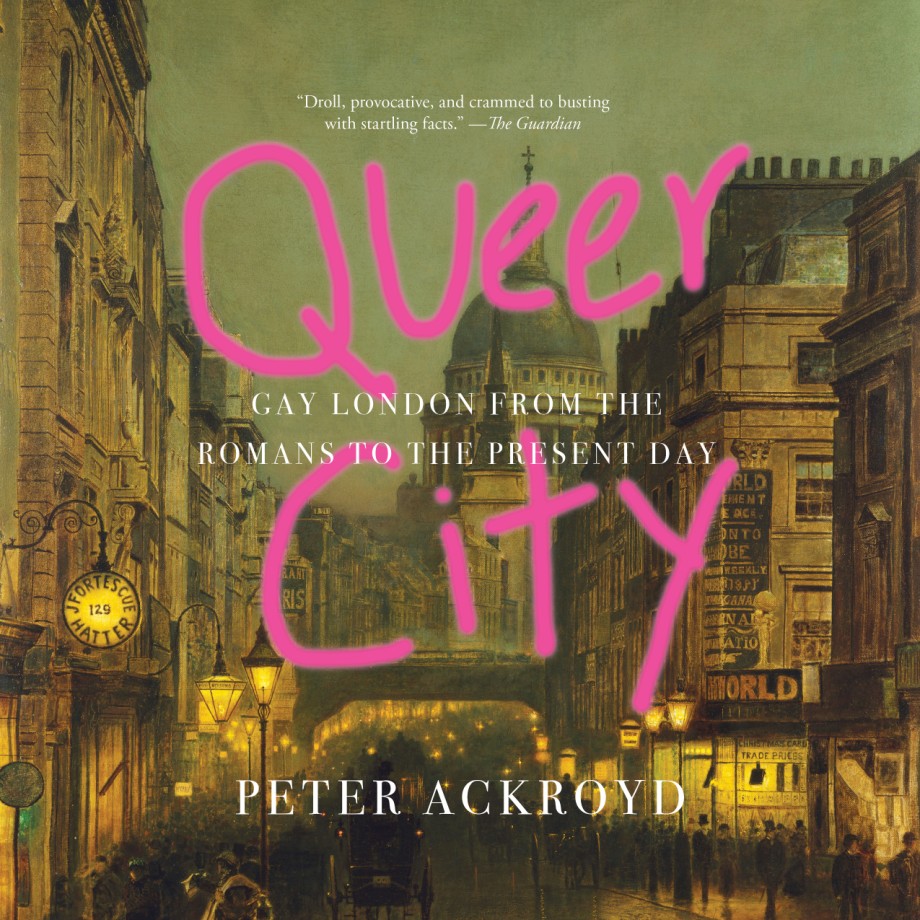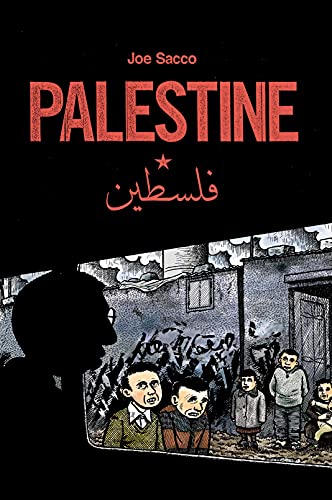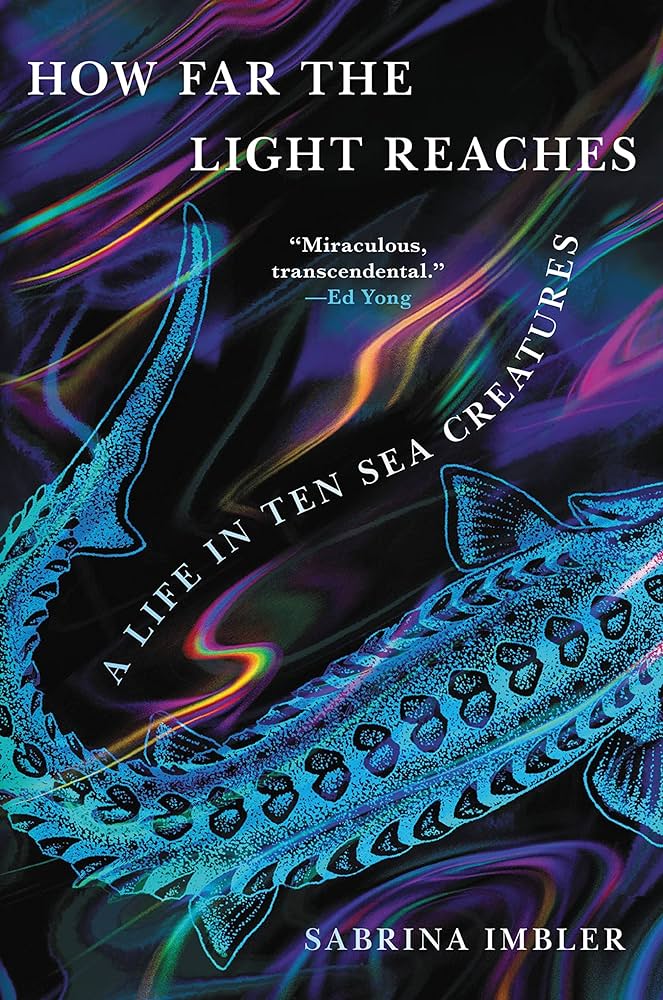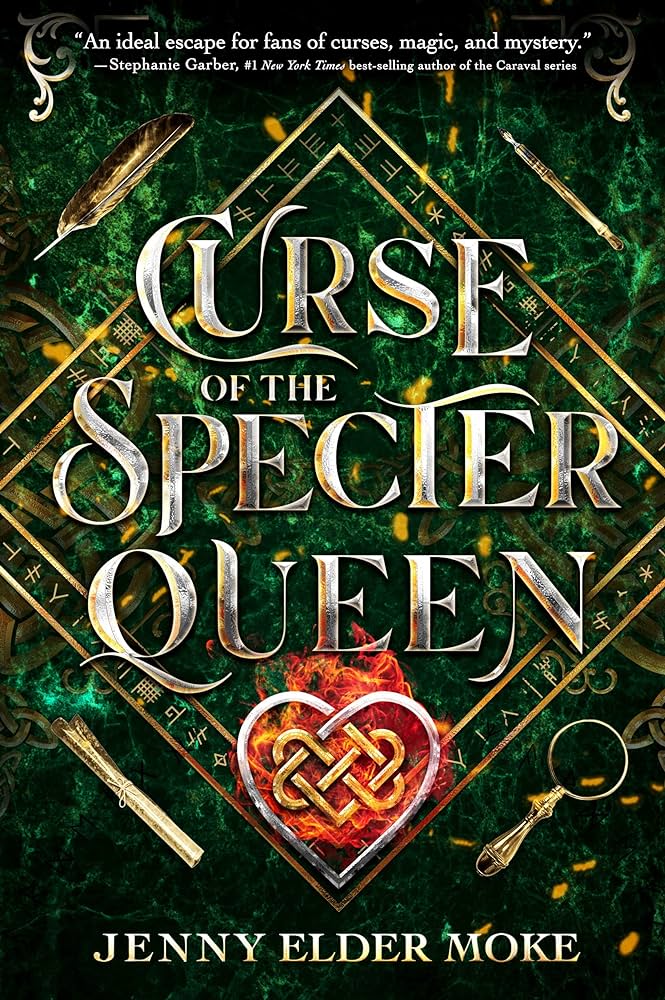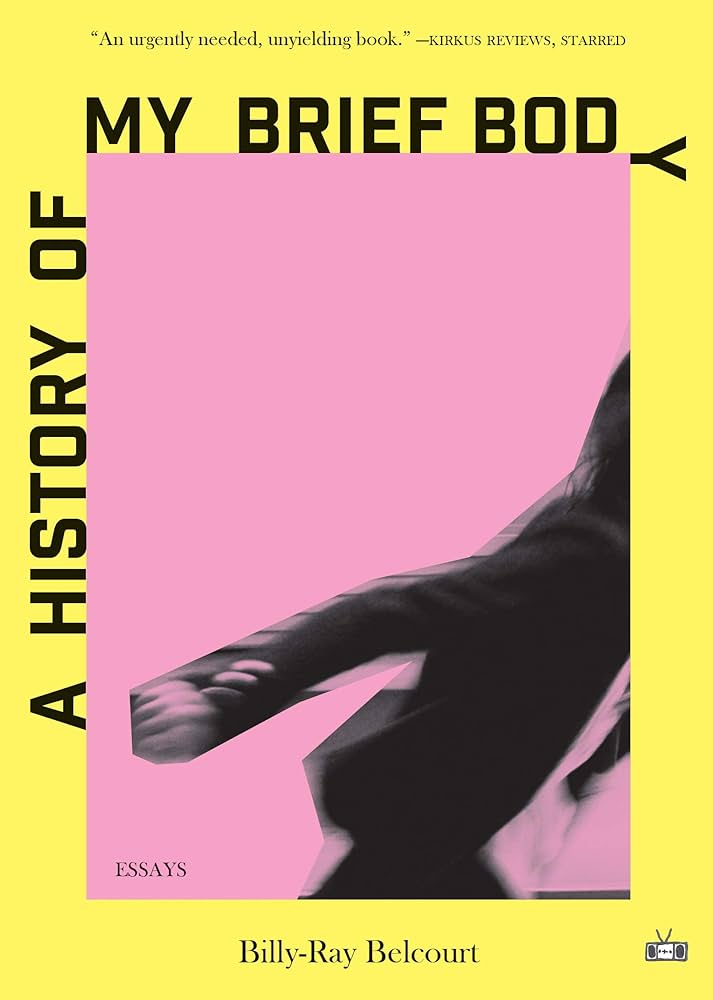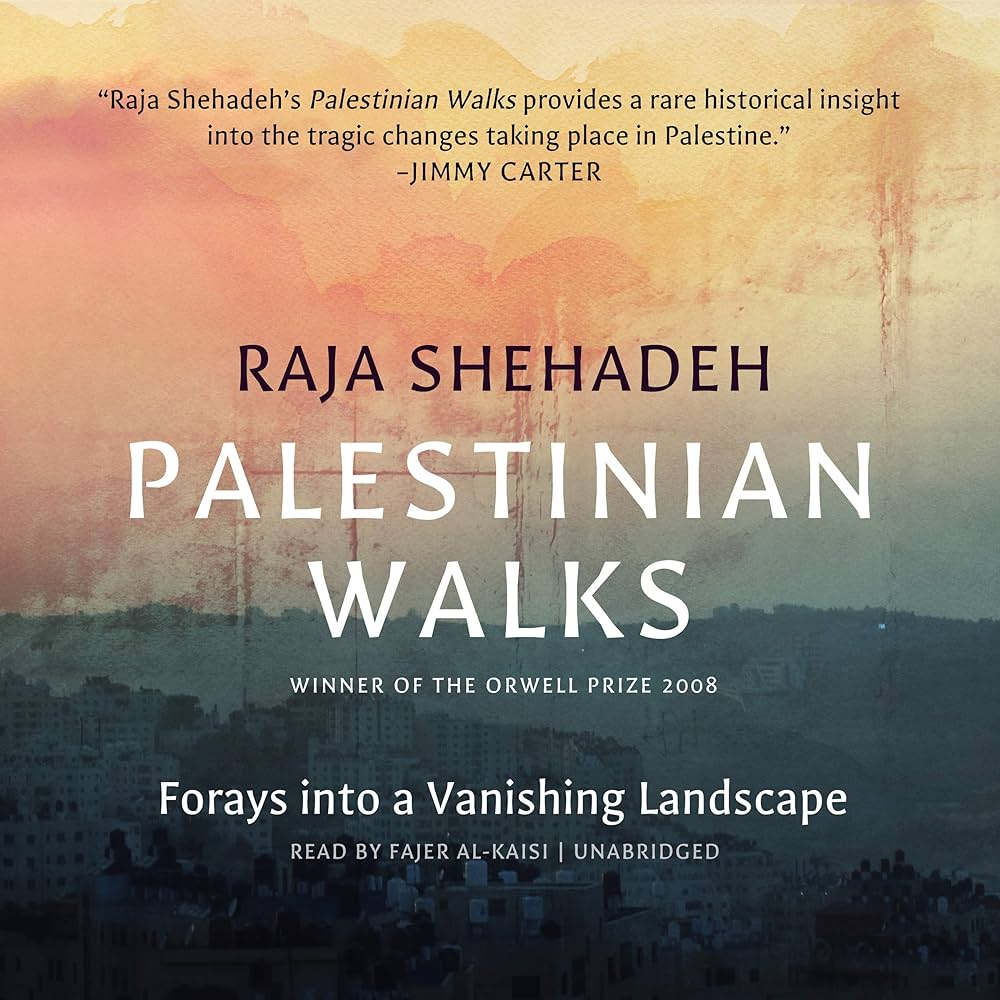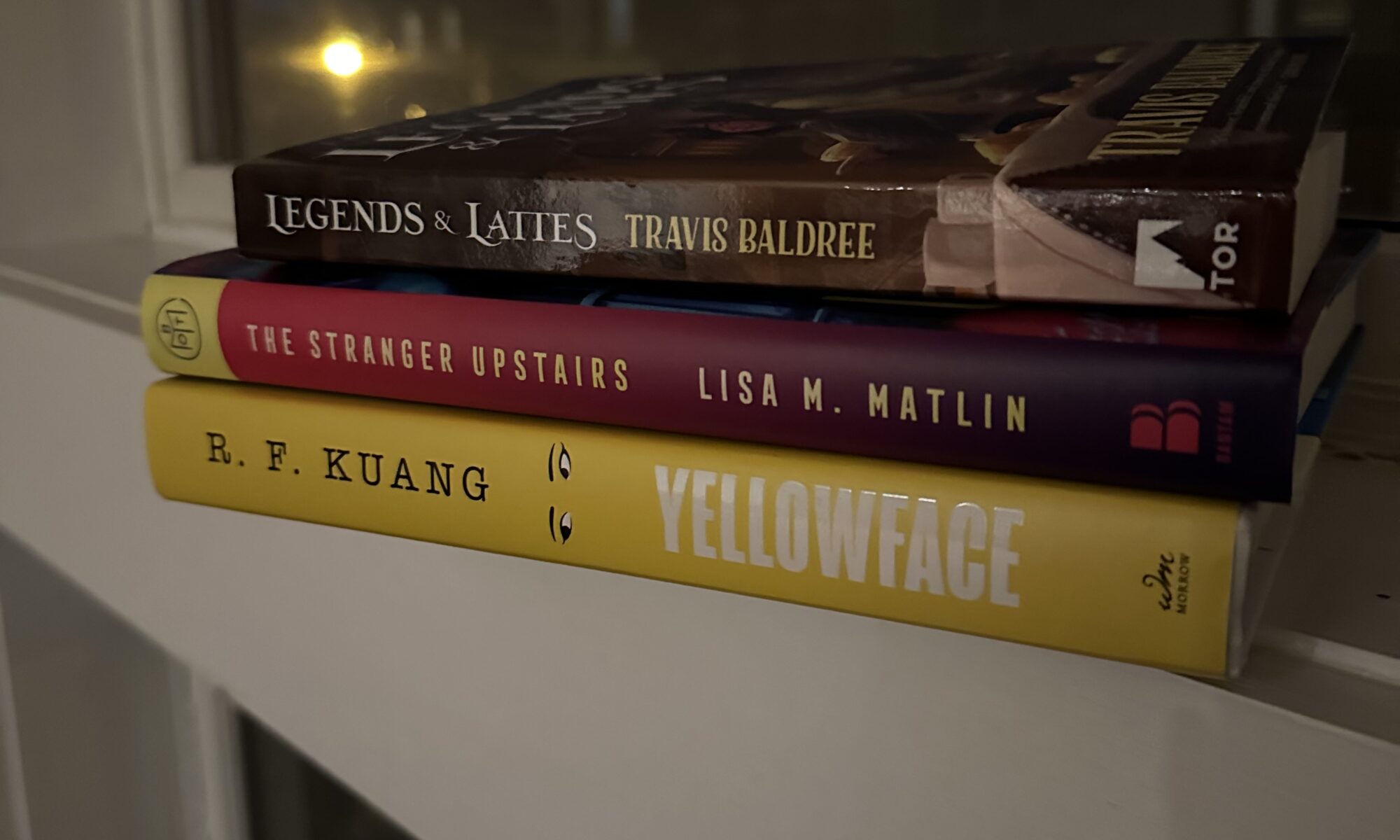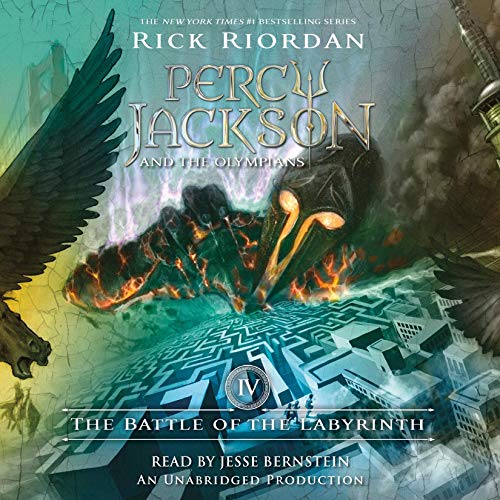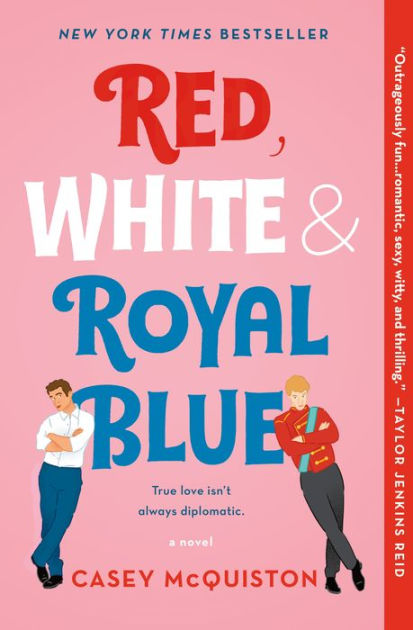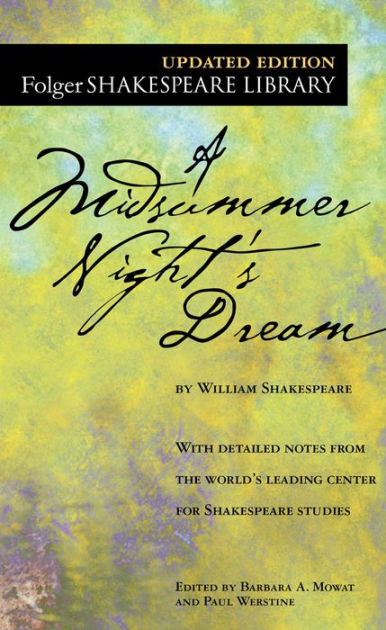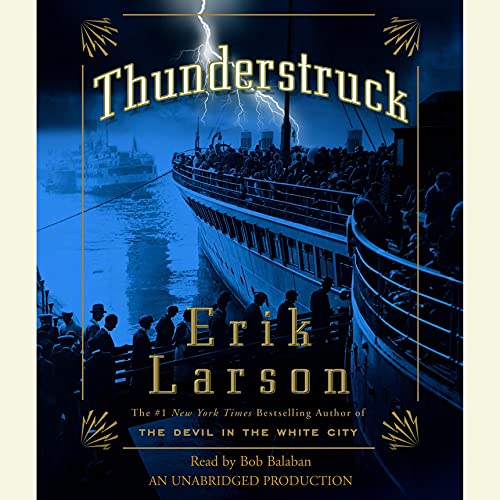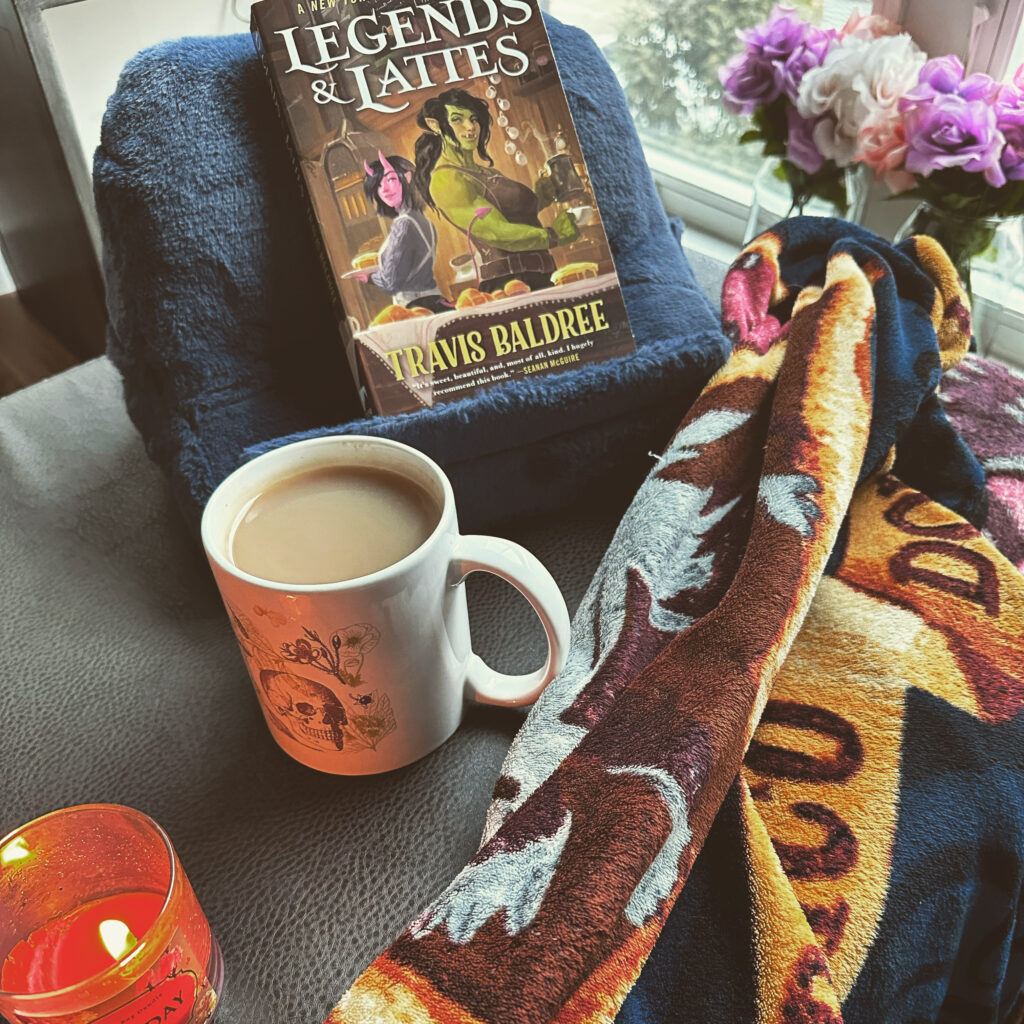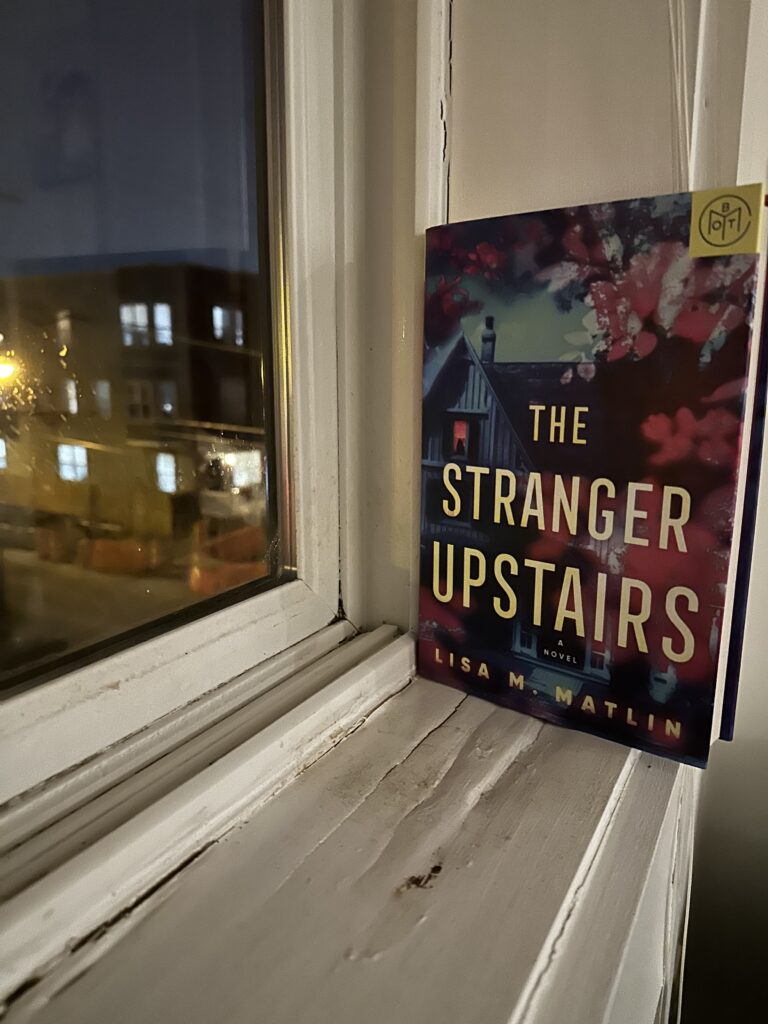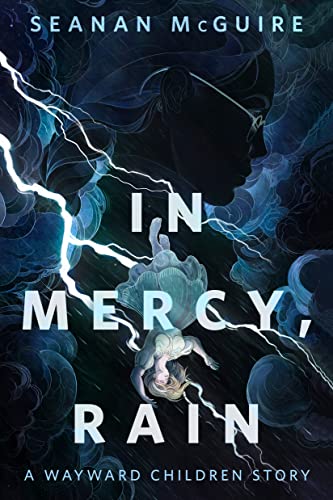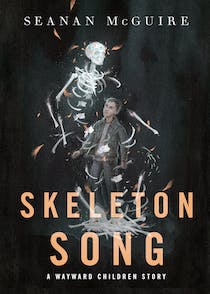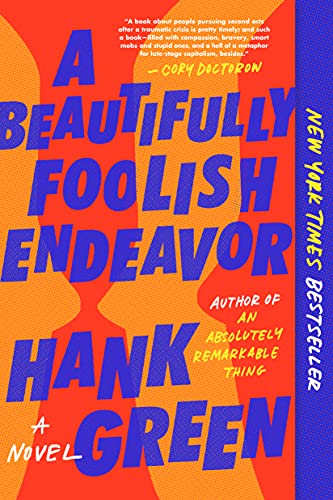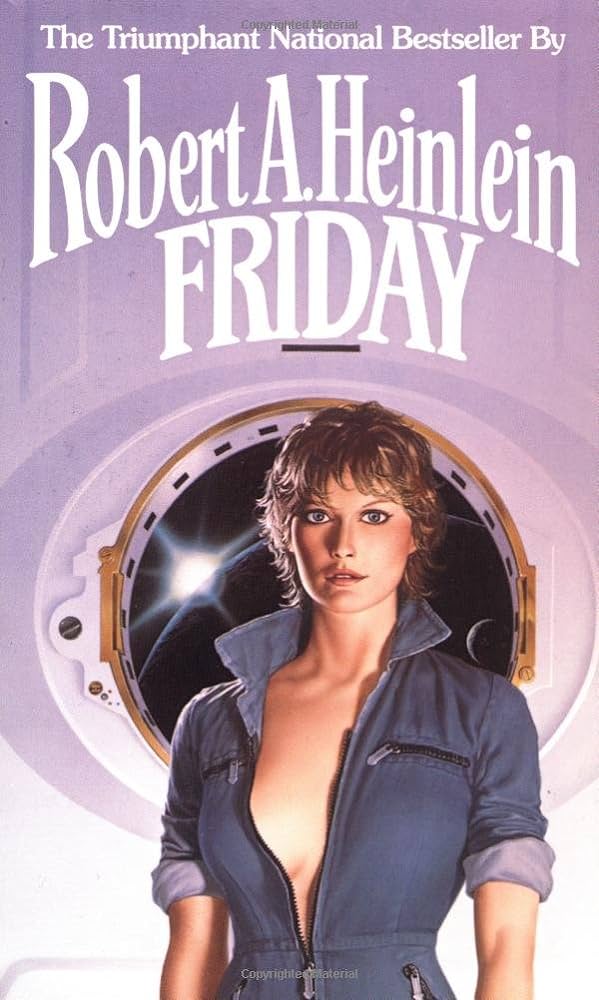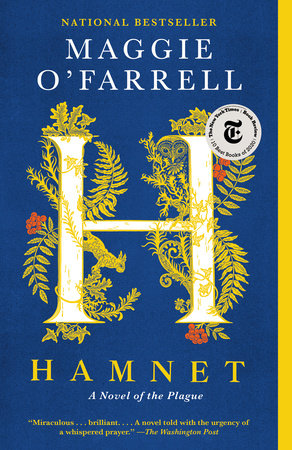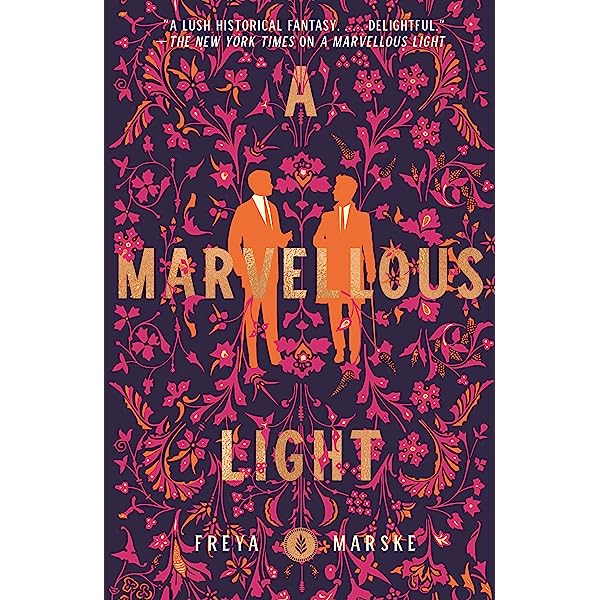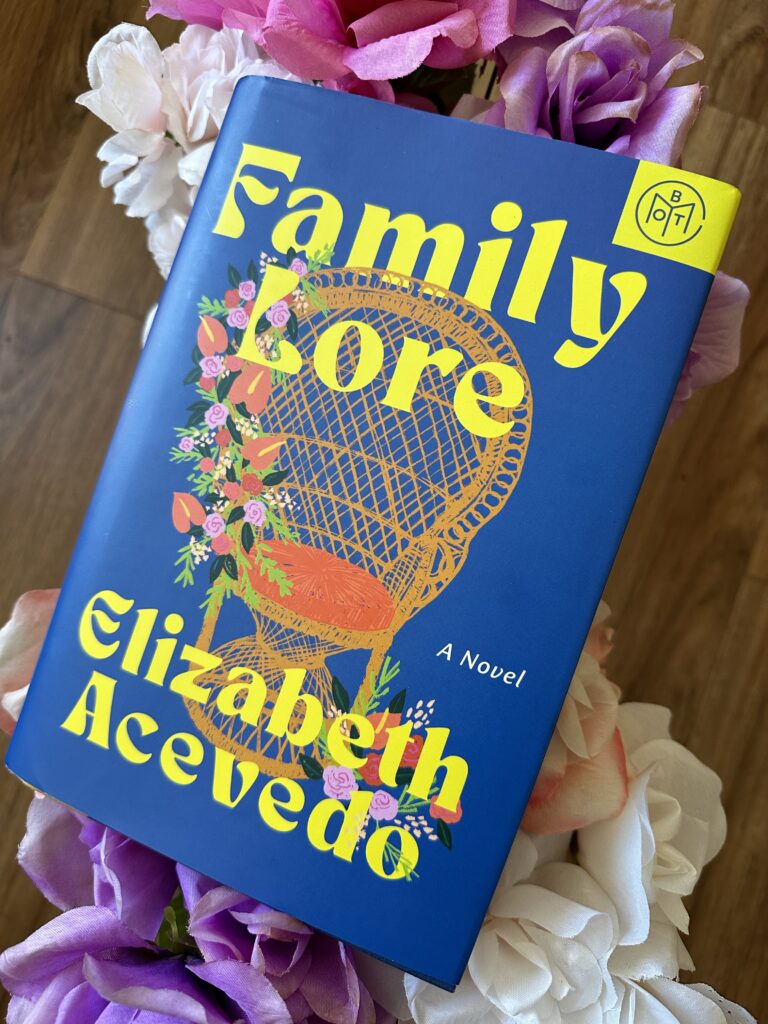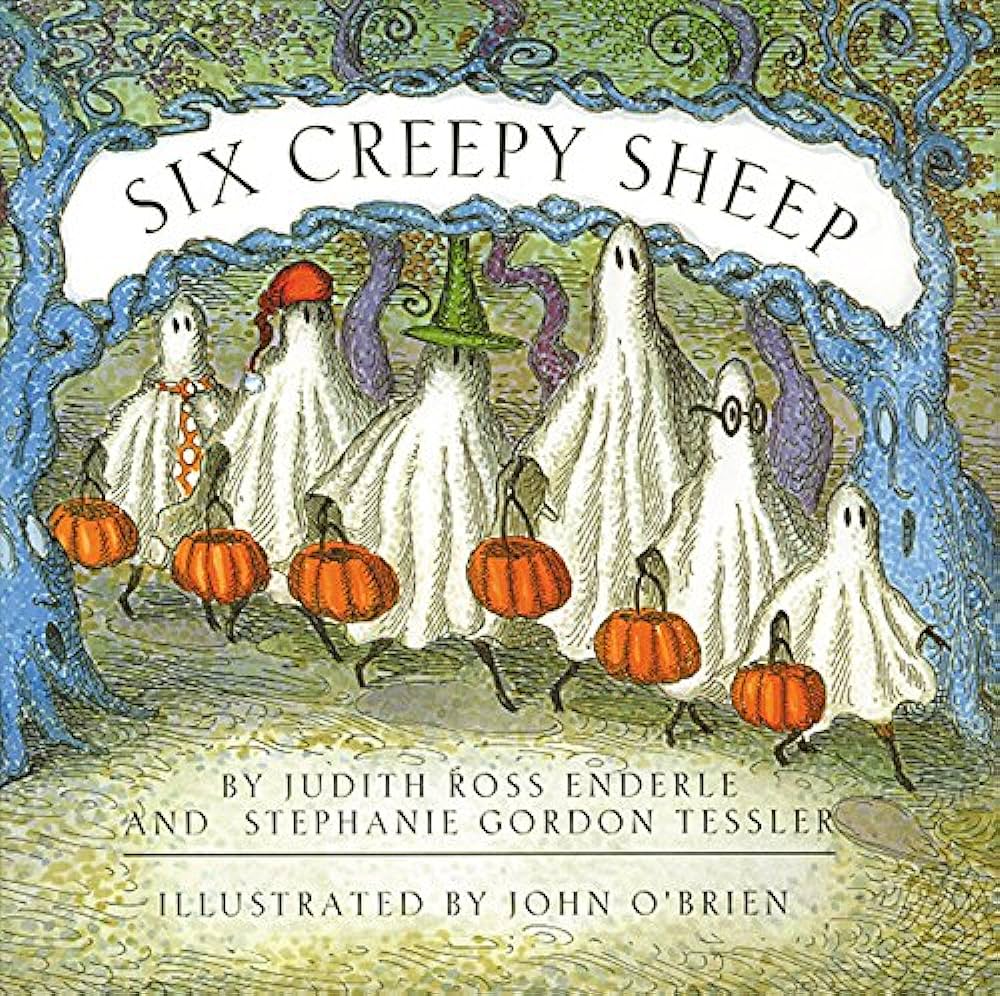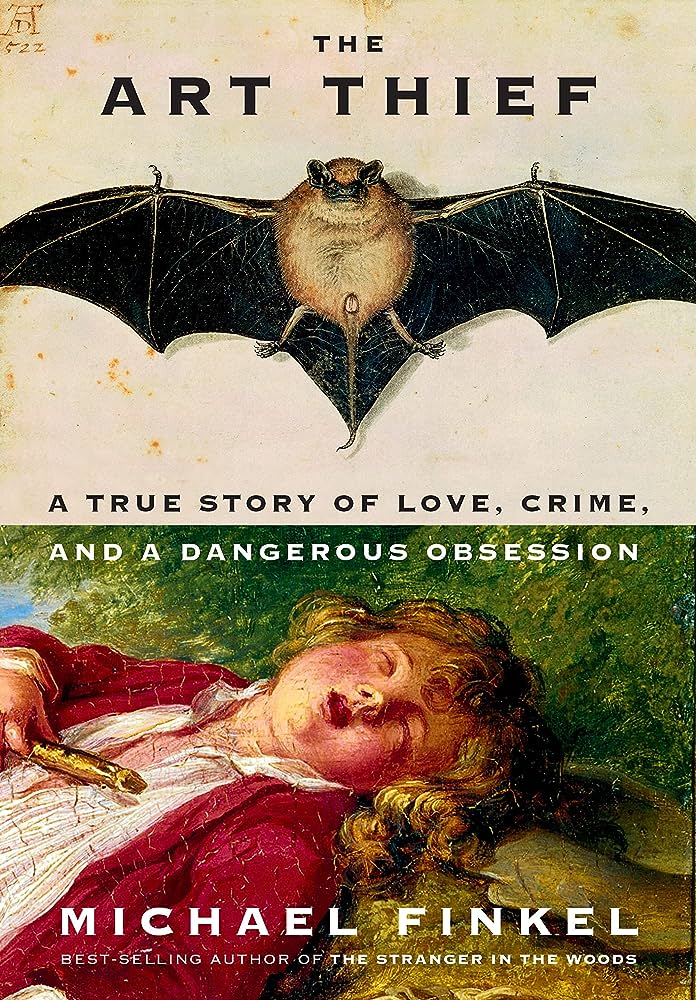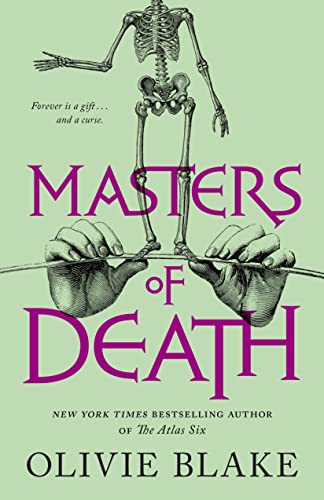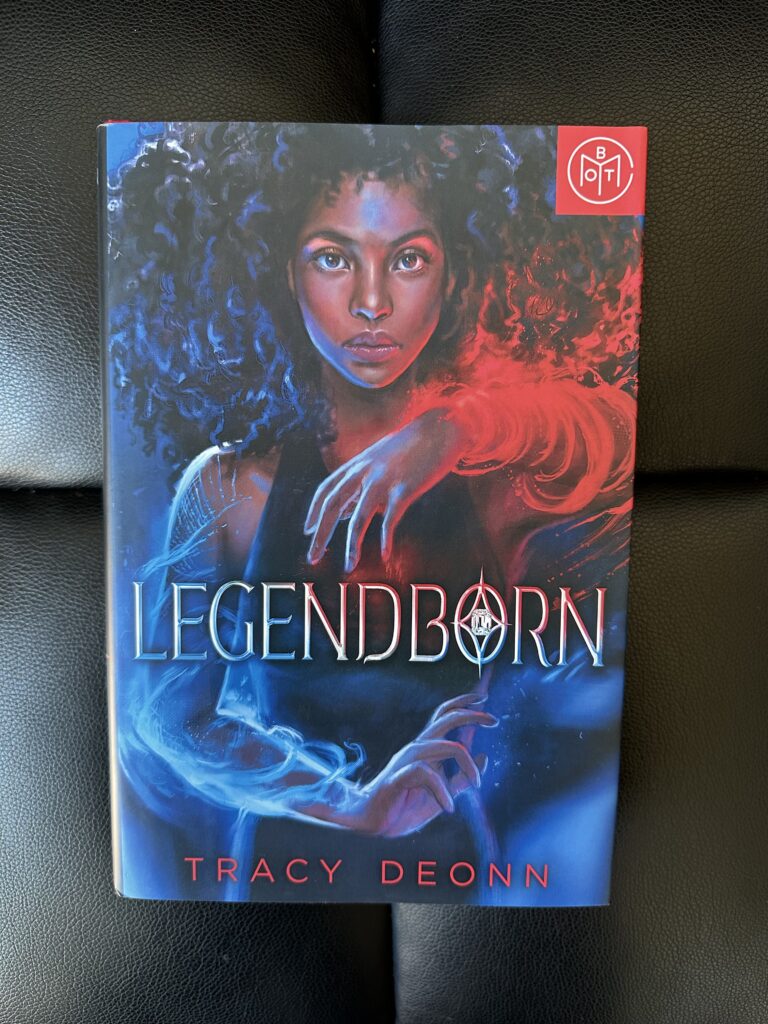Books Reread
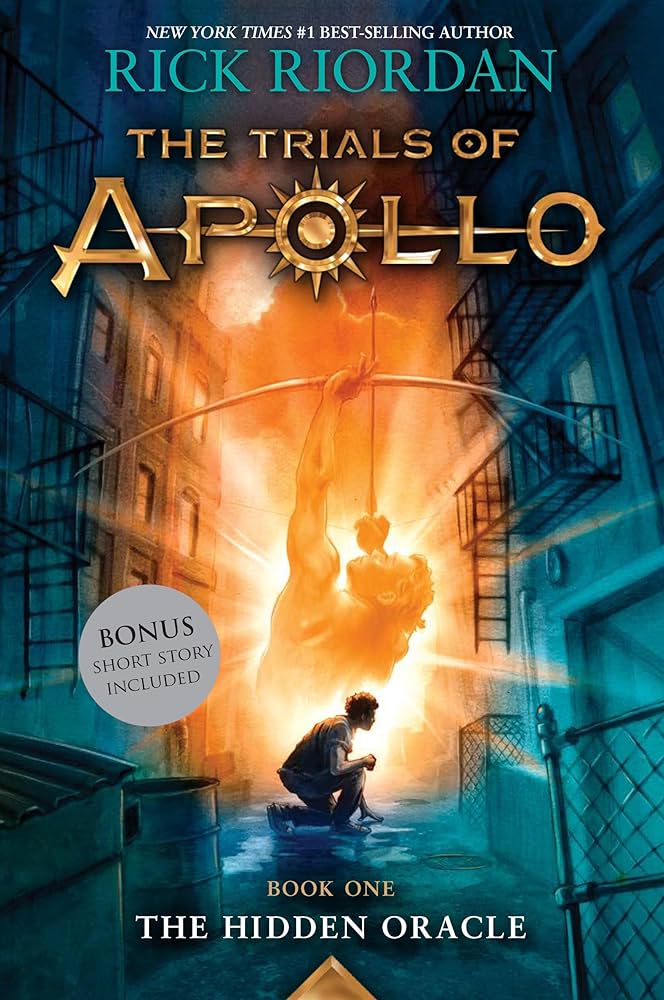
The Hidden Oracle by Rick Riordan
The Trials of Apollo book 1 of 5
CW: child abuse, gaslighting
After I finished rereading all the Percy Jackson and the Olympians books and all the Heroes of Olympus books, I thought…why not just keep going? So here I am rereading the Trials of Apollo books too. Enjoyable as ever. Apollo, god of the sun, has been punished by his father Zeus, king of the gods, to be a mortal teenager, until he can restore the great oracles, fix the magic of prophesy, and defeat the sinister Triumvirate. This series is full of old friends and new. Big fan of Meg McCaffrey.
3.5/5 dumpsters
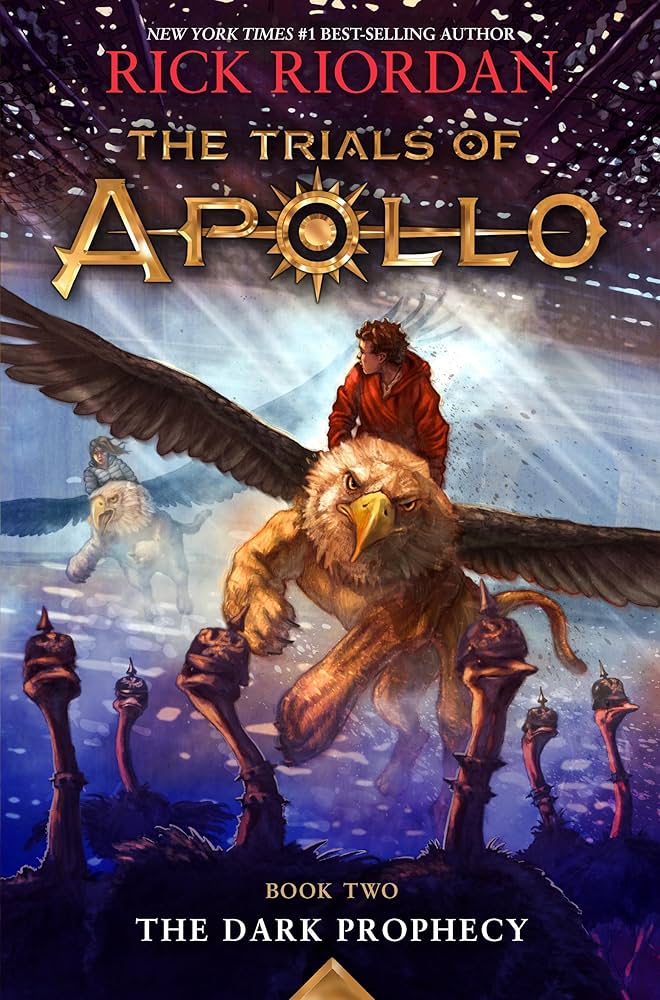
The Dark Prophesy by Rick Riordan
The Trials of Apollo book 2 of 5
CW: child abuse, gaslighting, animal abuse
Apollo continues on his quest with help from some familiar friends. I won’t spoil it.
3.5/5 gryphons
New Books Read
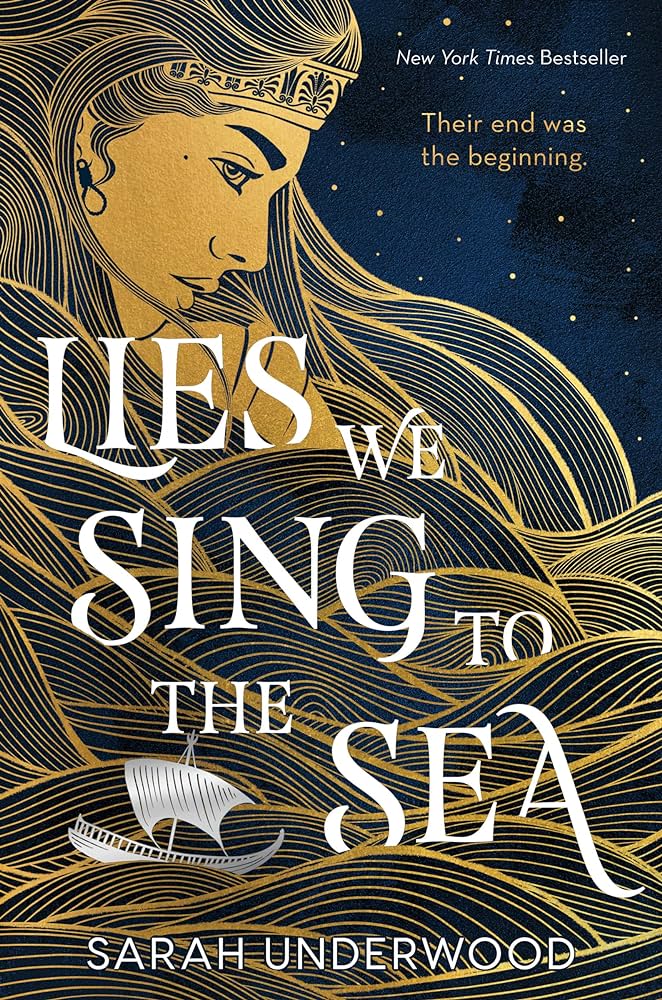
Lies We Sing to the Sea by Sarah Underwood
**Book Hangover
CW: femicide
We all know I love a Greek mythology inspired story, especially queer and feminist ones. This one isn’t a retelling, more of a continuation. When Odysseus finally returns to Ithaca from the Trojan War, he kills all the suitors who had been occupying his home and harassing his wife. But he also kills 12 of Penelope’s handmaidens, supposedly corrupted by the suitors. This results in a curse from Poseidon that can only be satisfied by sacrificing 12 more girls every year. But this year, Leto, a girl marked for sacrifice, Matthias, the prince of Ithaca, and Melantho, a mysterious Poseidon-blessed girl, are determined to break the curse. I really enjoyed this one.
4/5 girls with scales around their throats
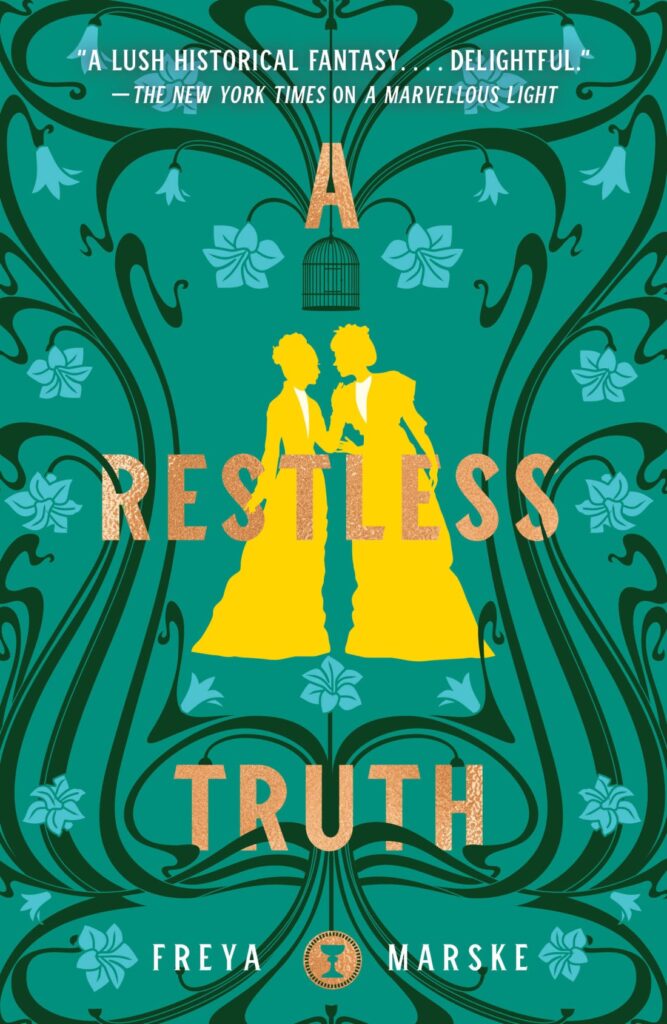
A Restless Truth by Freya Marske***
**Book Hangover
The Last Binding book 2 of 3
Big fan of these books. The sequel to A Marvellous Light follows Maud Blythe and Violet Debenham as they attempt to help Robin and Edwin to find the last pieces of the contract and stop the sinister plots of the Assembly of magicians. And of course, they fall in love. If you’re looking for a queer, spicy, historical romance, these books are the ones for you.
4/5 illusions
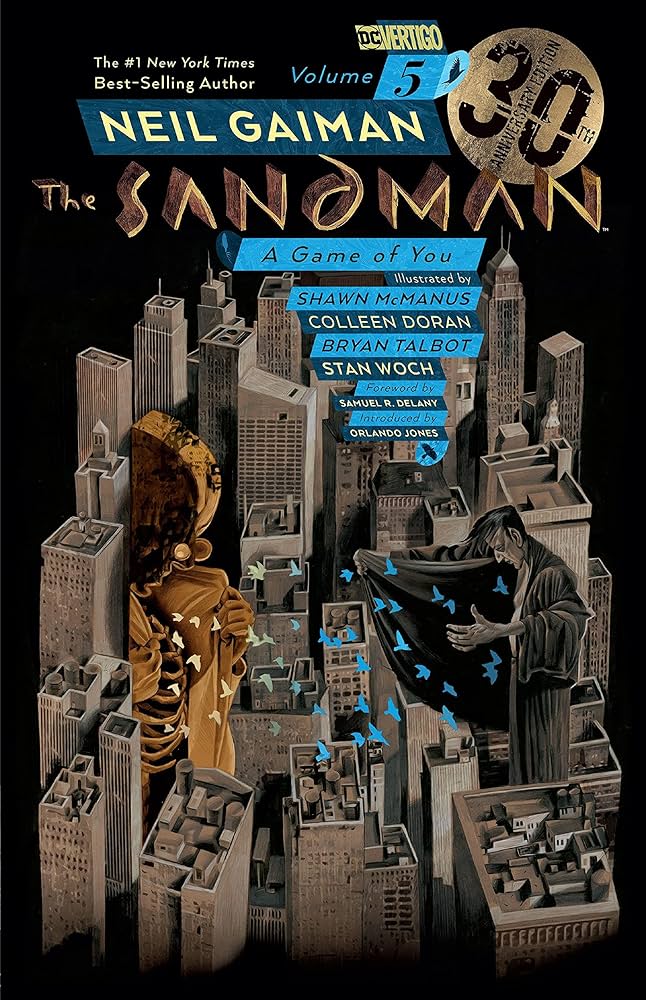
Sandman: A Game of You by Neil Gaiman
Sandman Vol 5
CW: transphobia, gore, murder
I went on a crazy Sandman kick this month. The new Netflix show Dead Boy Detectives (a Sandman spin off) came out and put me in the mood. In this volume Barbie, who first appears in A Doll’s House, must return to her dream land to fight the sinister Cuckoo who is destroying the kingdom Barbie created. This is a good one. Gaiman’s inclusion of LGBTQ+ characters is pretty revolutionary for the 1990s, though not everything aged well.
4/5 dream creatures
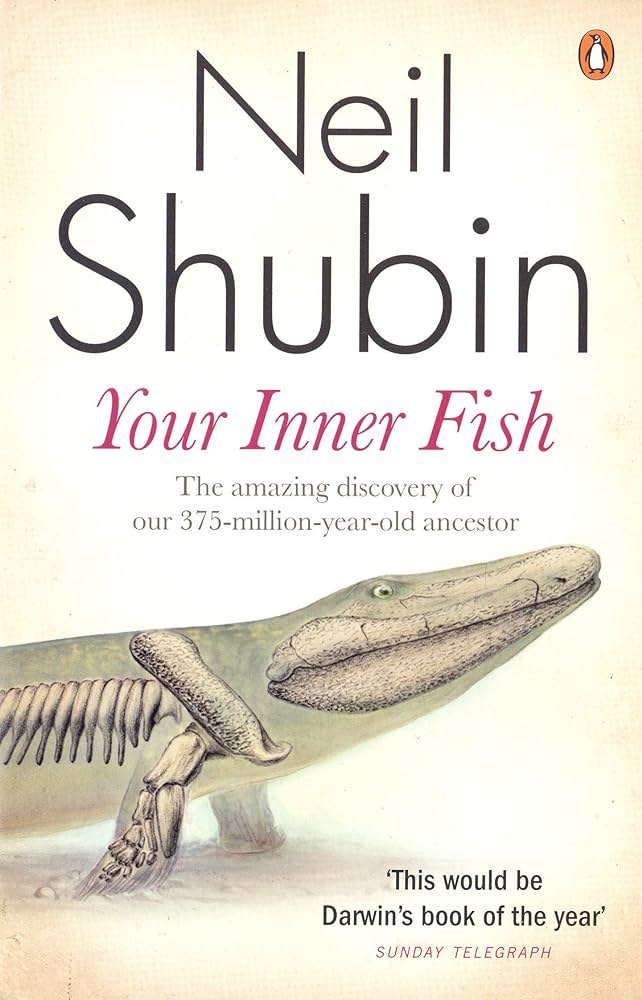
Your Inner Fish: A Journey Into the 3.5-Billion-Year History of the Human Body by Neil Shubin
I work at the Academy of Natural Sciences in Philadelphia and one of the temporary exhibitions we have right now is about the Tiktaalik fossil, so I wanted to read a little more about it. This book is by one of the paleontologists who found Tiktaalik and he discusses the patterns we can see in the human body and how they are part of the body plans of ancient animals and organisms. Very informative, though I would have liked a little more of the book spent discussing Tiktaalik.
3/5 fish
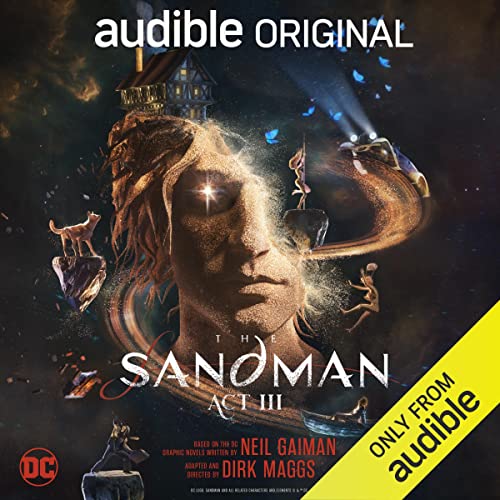
Sandman: Act III by Neil Gaiman
Sandman radio play
CW: gore, adult themes
Like I said, a kick. I listened to the Sandman Act III radio play on Audible. It covers volumes 6-8 of the comics. It was very enjoyable. Really good performances, and I always enjoy trying to identify the voice actors.
3.5/5 stories told in an inn during a storm at the end of the world
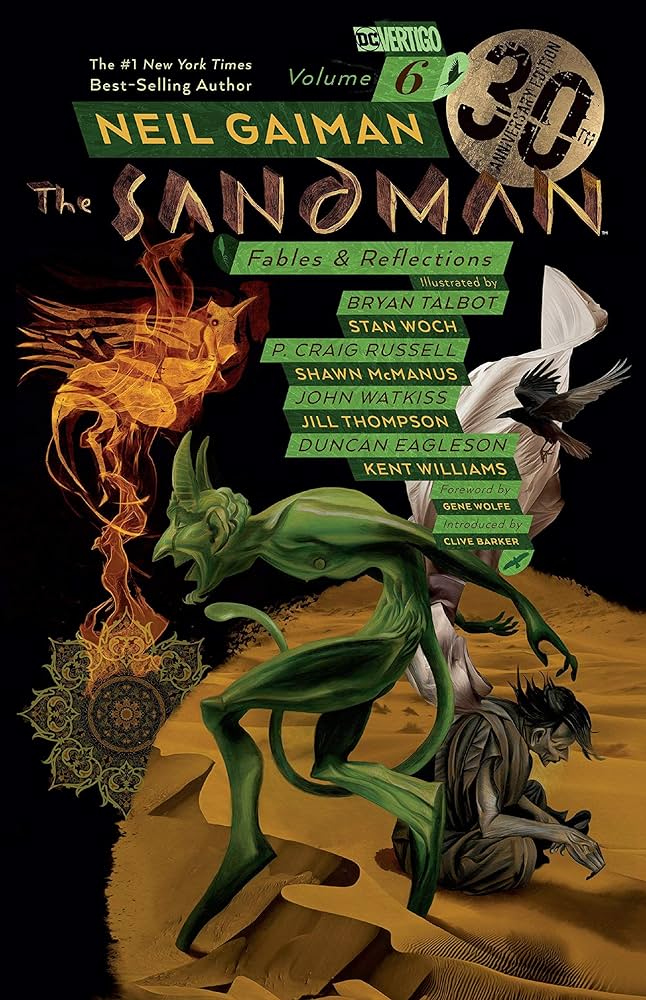
Sandman: Fables & Reflections by Neil Gaiman
Sandman Vol 6
CW: gore
This volume is a collection of one-off stories from the Sandman universe. There are some really good ones, including the Orpheus ones. The others are a little less memorable, but still good.
3/5 wishes
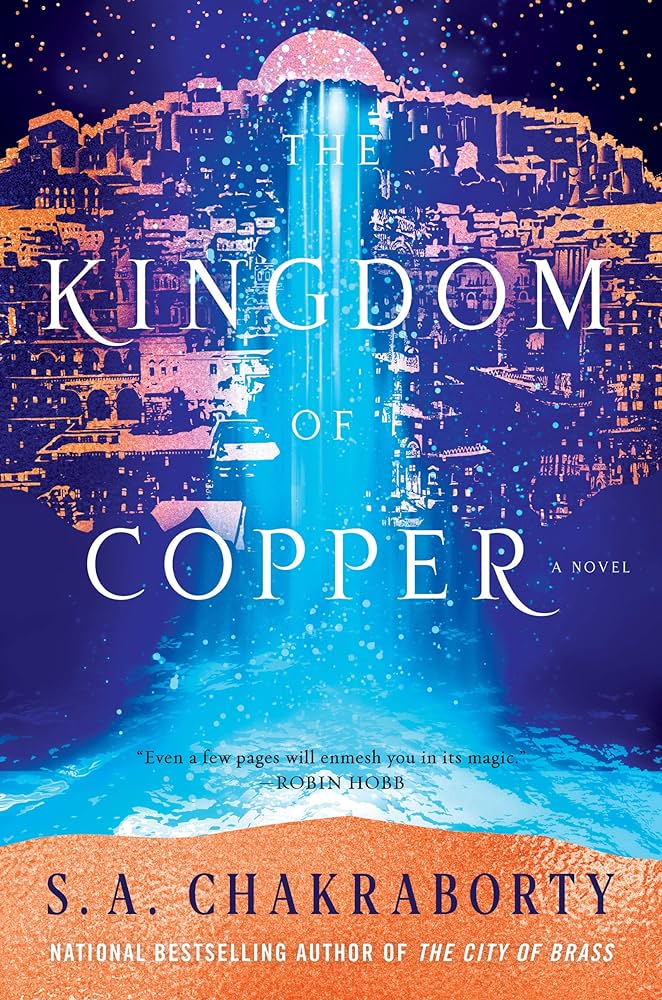
The Kingdom of Copper by S.A. Chakraborty***
**Book Hangover
The Daevabad Trilogy book 2 of 3
CW: attempted genocide, fantasy racism
I was basically screaming through the last hundred pages of the first book in this series, so I was very excited to read the next one. And now I’m dying to read the third one. I won’t do a summary for this one because I don’t want to share any spoilers. Just trust me, you want to read these.
4.5/5 ifrit
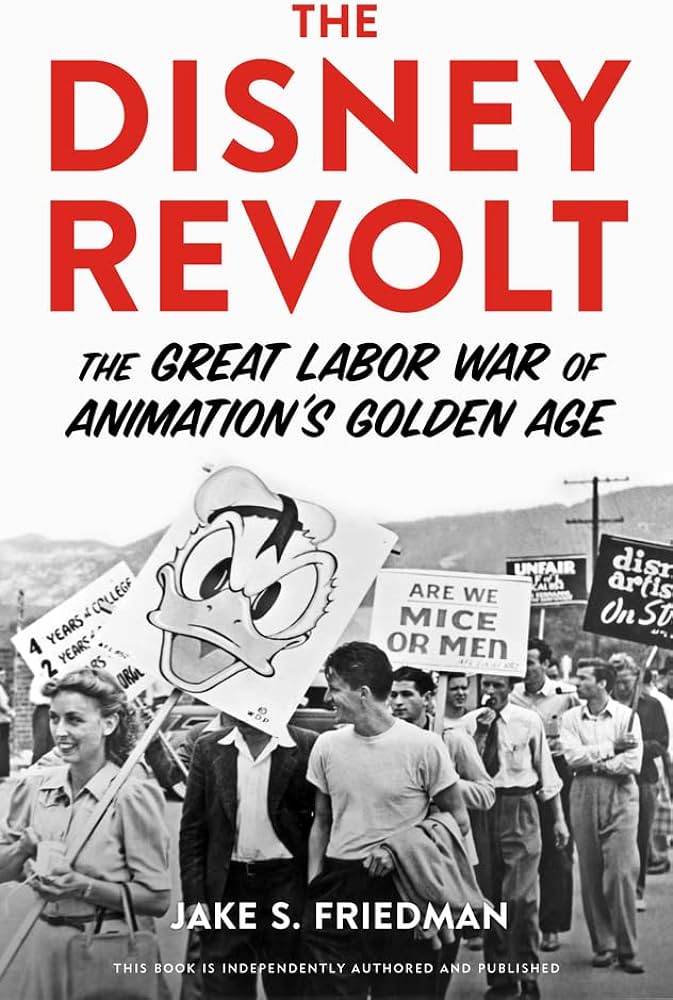
The Disney Revolt: The Great Labor War of Animation’s Golden Age by Jake S. Friedman*
This was a super fascinating history book about the labor strikes going on in Hollywood in the 1940s, including at the Walt Disney Company. Friedman does a great job of painting portraits of the two men on either side of the conflict: Walt Disney and Art Babbitt, animator and one of the main strike leaders. Friedman humanizes both men and shows how each came to have his own understanding of the world. Just all around a fascinating read if you’re at all interested in unions, Disney, or animation history.
4/5 striking animators
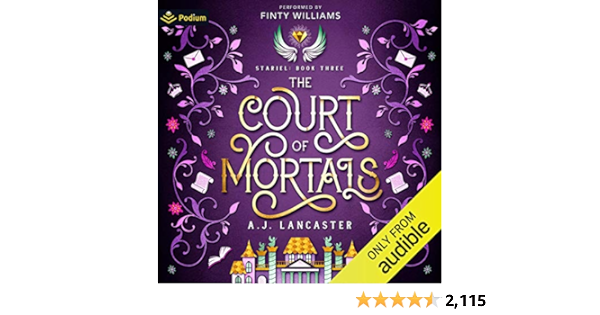
The Court of Mortals by A.J. Lancaster*
Stariel book 3 of 5
This is such a good cozy fantasy series. Thousand Spire is without a ruler and seems to want Win; the Queen of Priden wants to talk to Hetta; and Win’s murderous sister keeps sending monsters into the mortal realm. I really enjoy this series. I love all the characters, and the reader of the audiobooks does a great job.
3.5/5 grouchy Fae siblings
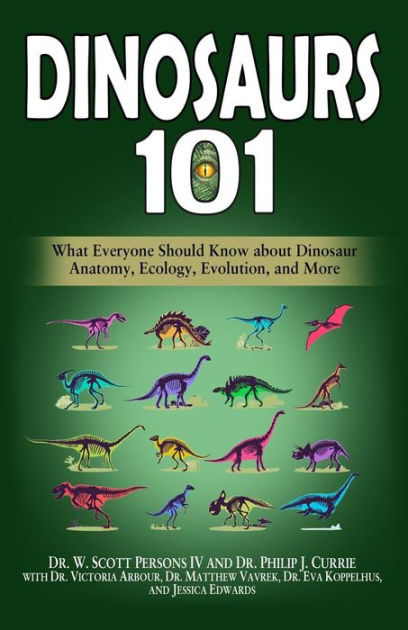
Dinosaurs: 101 What Everyone Should Know about Dinosaur Anatomy, Ecology, Evolution, and More by Matthew Vavrek, Philip J. Currie, and Victoria Arbour
Since I work at a natural history museum, I’m often asked questions about dinosaurs, which I know nothing about. So I was trying to get a good base of knowledge about dinosaurs. This is a good primer for anyone who just wants a brief, easy overview about dinosaurs.
3/5 triceratops
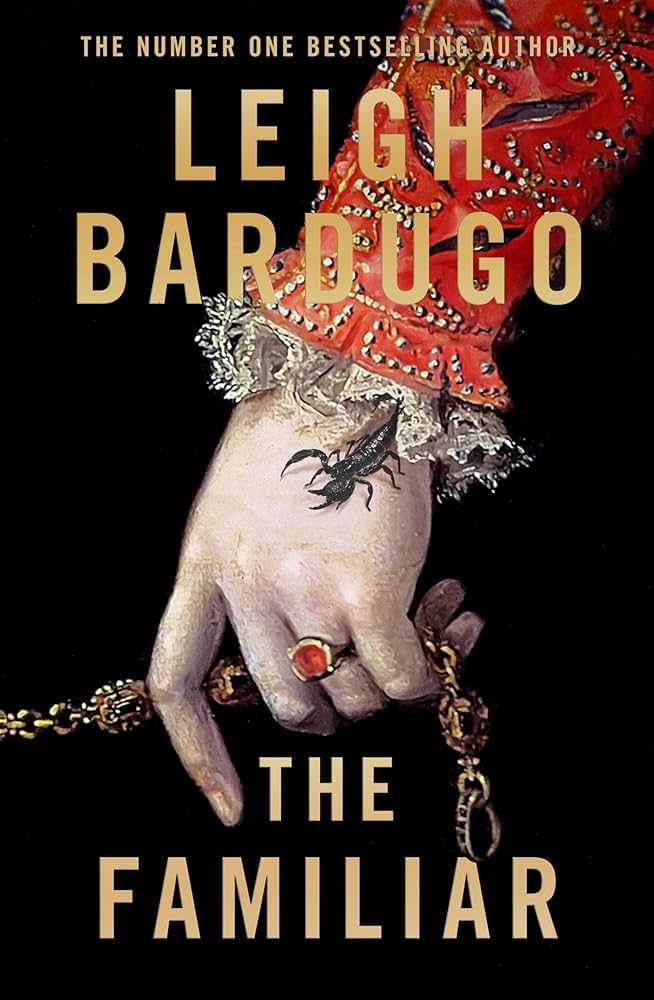
The Familiar by Leigh Bardugo*
**Book Hangover
I’ve heard some people were disappointed by this book. I don’t think I liked it as much as Ninth House but there were some really interesting things happening that I’ll talk more about in a moment. Using the language of her Jewish heritage–dangerous in the time of the Spanish Inquisition–Luzia, a scullery maid, can do small miracles. When her employer finds out, she finds herself embroiled in a competition to serve the King. She must convince the world that her miracles are holy and not blasphemous. At first I was confused about the POV choice. It’s kind of an omniscient narrator, and I couldn’t figure out why we were in Valentina’s head or really spending time with any character other than Luzia. The POV choice felt odd and a little unsettling. Then, I was reading a paper about using the painting Las Meninas to teach Don Quixote to students and how the study of the painting can enhance our understanding of the text and vice versa. And then I thought that Las Meninas actually pairs really well with The Familiar too. The weird thing about the painting is that it looks like its perspective makes sense, but the longer you look at it, the more you realize that the space within the painting isn’t quite possible. It’s so mysterious: what is Velazquez painting on his huge canvas? The King and Queen? Us? Perhaps he’s preparing to paint the Infanta. Maybe there’s a huge mirror where we’re standing and the painting he’s working on is this painting. We as viewers appear to be standing where the King and Queen would be standing were they getting their portrait painted, as we could infer from the mirror at the back of the room reflecting them. All this to say that when I think about The Familiar in relation to Las Meninas, the POV choices make more sense to me. The omniscient narrator views the events from many different angles and when those perspectives are all overlaid on the story, the whole picture doesn’t quite line up in a way that I think is intentional.
4/5 milagritos
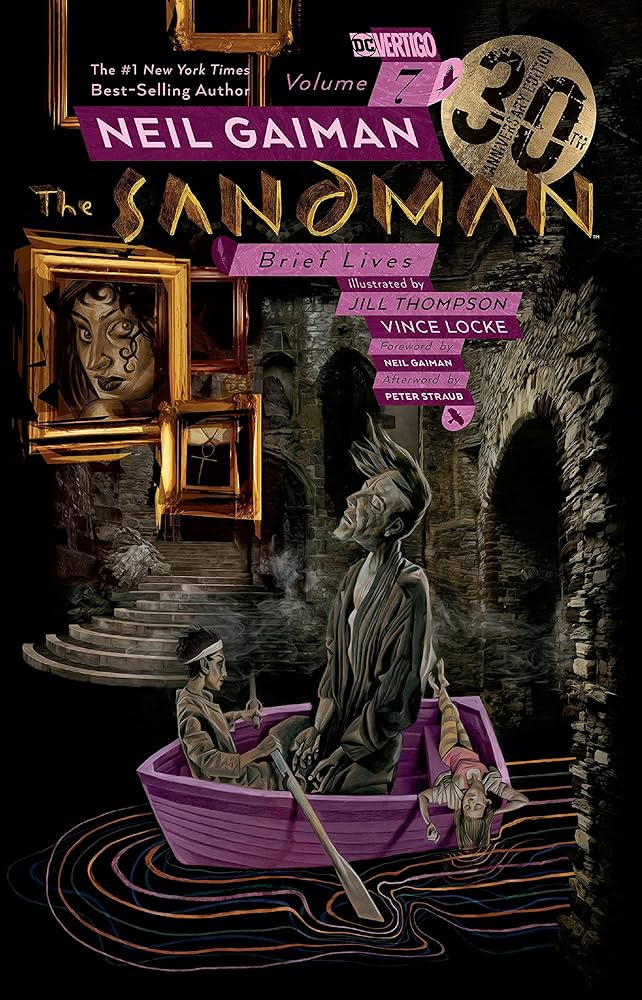
Sandman: Brief Lives
Sandman Vol 7
This is a good one. Delirium and Dream go to look for their missing brother Destruction. I am a big fan of Delirium and it was fun to see her play off Dream. I also really like the art in this volume. There are several really good panels.
4/5 sigils
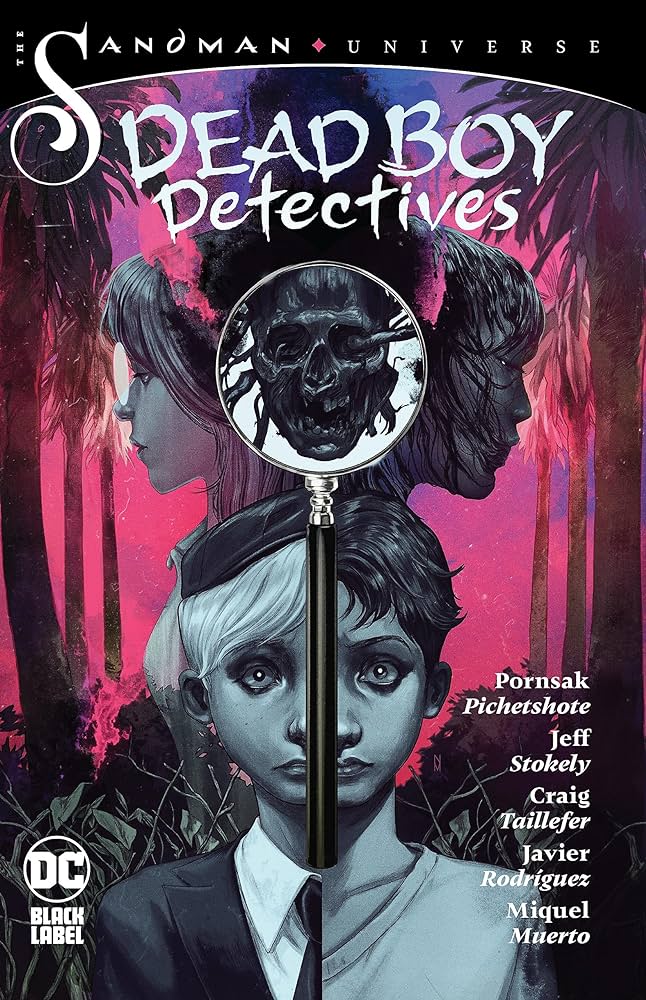
Dead Boy Detectives by Pornsak Pichetshote***
The Sandman Universe
CW: gore
This is a more recent Dead Boy Detectives issue, taking place after the events of the show and the first series of comics, but I couldn’t get a copy of the first book of comics. Edwin and Charles are in LA helping some Thai ghosts after Crystal Palace has left the agency. This one was really fun and it was nice to learn more about Thai concepts of ghosts as Edwin and Charles helped out some newly dead Thai kids.
3/5 ghosts
*This book only includes straight, white, cis people. The Familiar does include one lesbian relationship, but for the most part it’s pretty white and pretty straight and pretty cis. The Court of Mortals also has one main gay character, but mostly the book is pretty straight. I know Marius does get his own book though so I’m excited about that. I included The Disney Revolt in this designation even though perhaps the genders, sexualities, and races of those working at Disney at the time weren’t relevant. But I think that may have been something interesting to explore more. Art Babbitt struck me as a bisexual.
**Book Hangover Alert indicates the kind of book that will leave you full up on love. Satisfied, but wishing the book never had to end. You’ll be laying on the floor with no idea what to do with yourself (other friends have called this feeling Good Book Depression or say that certain books necessitate Floor Time). This is the kind of book that gets its teeth in you and won’t let go easily. After the last page you’ll be thinking about this book for a long time. You’ll bother all your friends trying to get them to read it so that you won’t be alone in your Hangover.
***This book is part of my Books for a Social Conscience series! Read A Restless Truth for LGBTQIA+ romance in historical fantasy. Read A Kingdom of Copper for Arab inspired fantasy with LGBTQIA+ rep. Read Dead Boy Detectives for Thai lore and mythology.
Reads marked as part of the Books for a Social Conscience series will regularly address topics like race and racism, colonialism and post-colonialism, LGBTQIA+ experience, feminism, BIPOC experience, social and political issues, history, identity, class, disability experience, immigration, gun violence, poverty, colorism, environmentalism, and more! The goal of these books is to diversify the stories we’re reading, grow our empathy for those who are different from us, and amplify voices who are often silenced.

